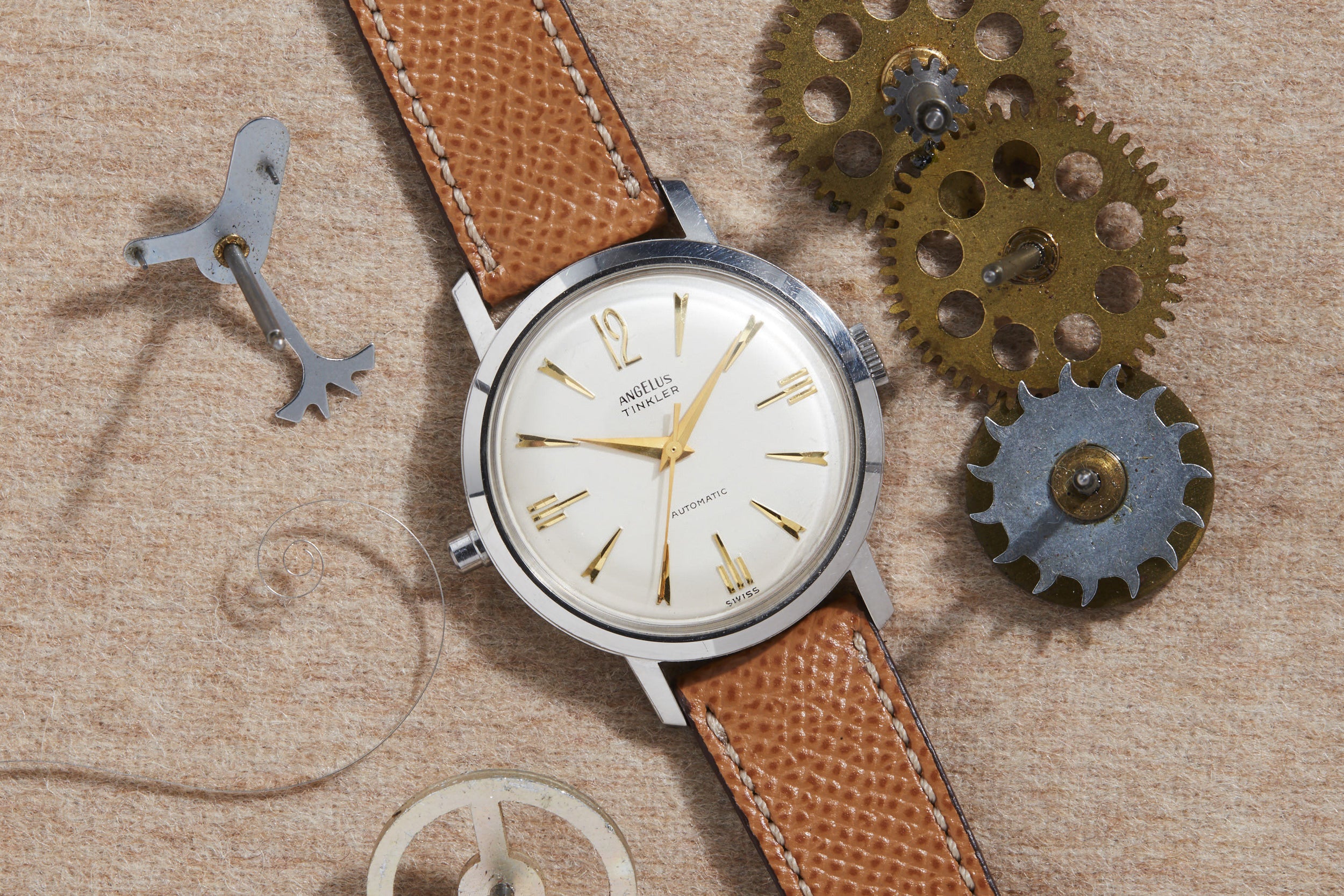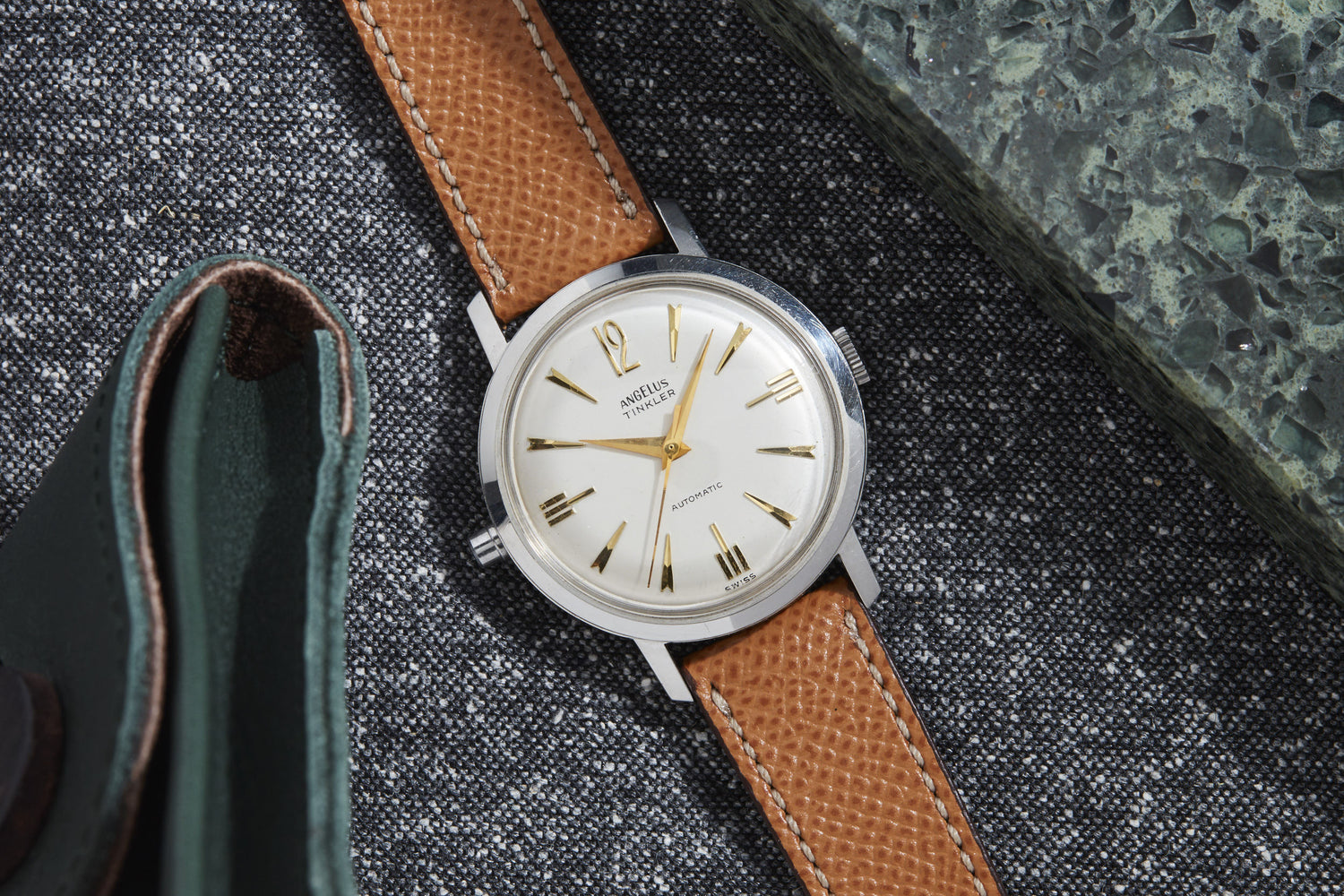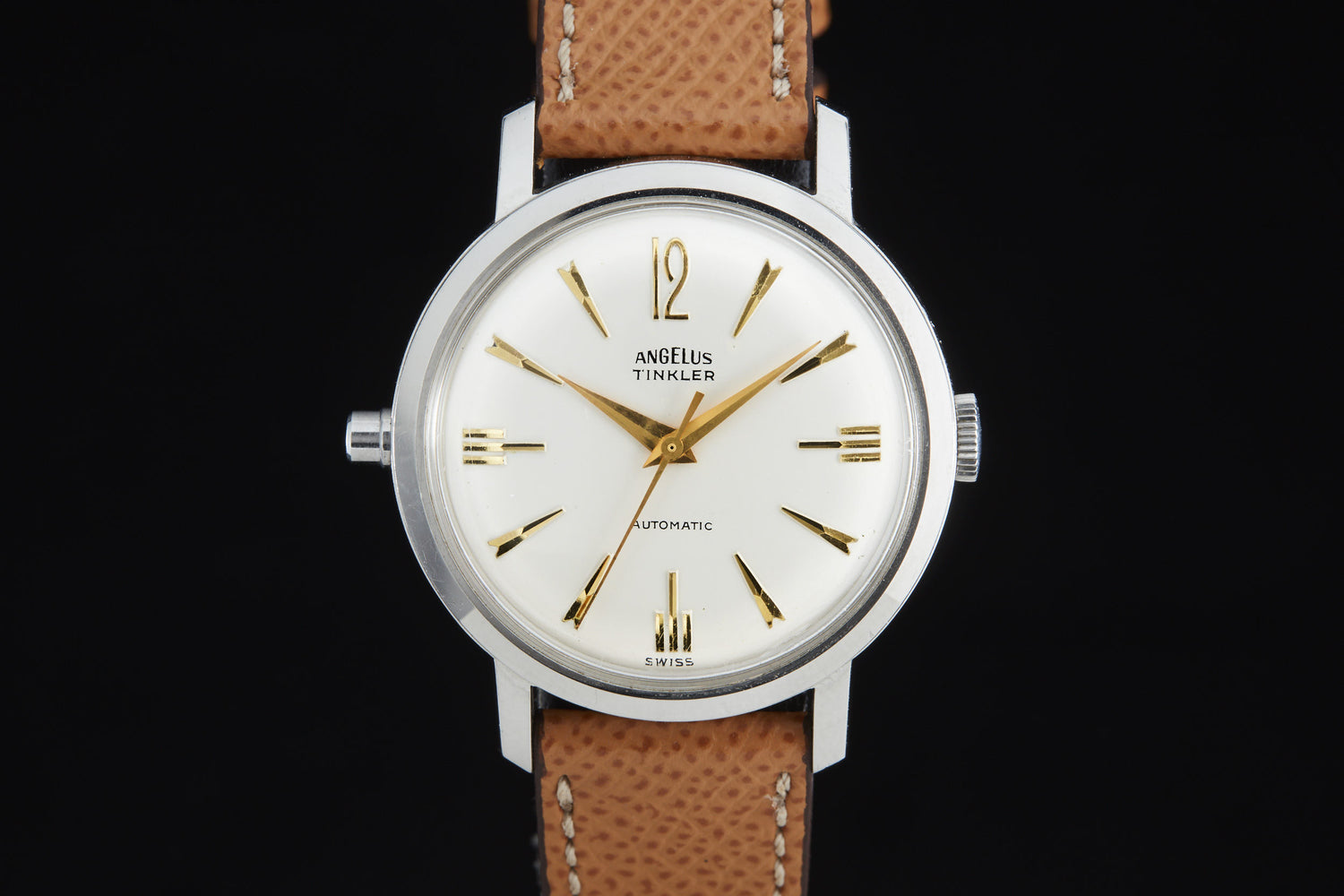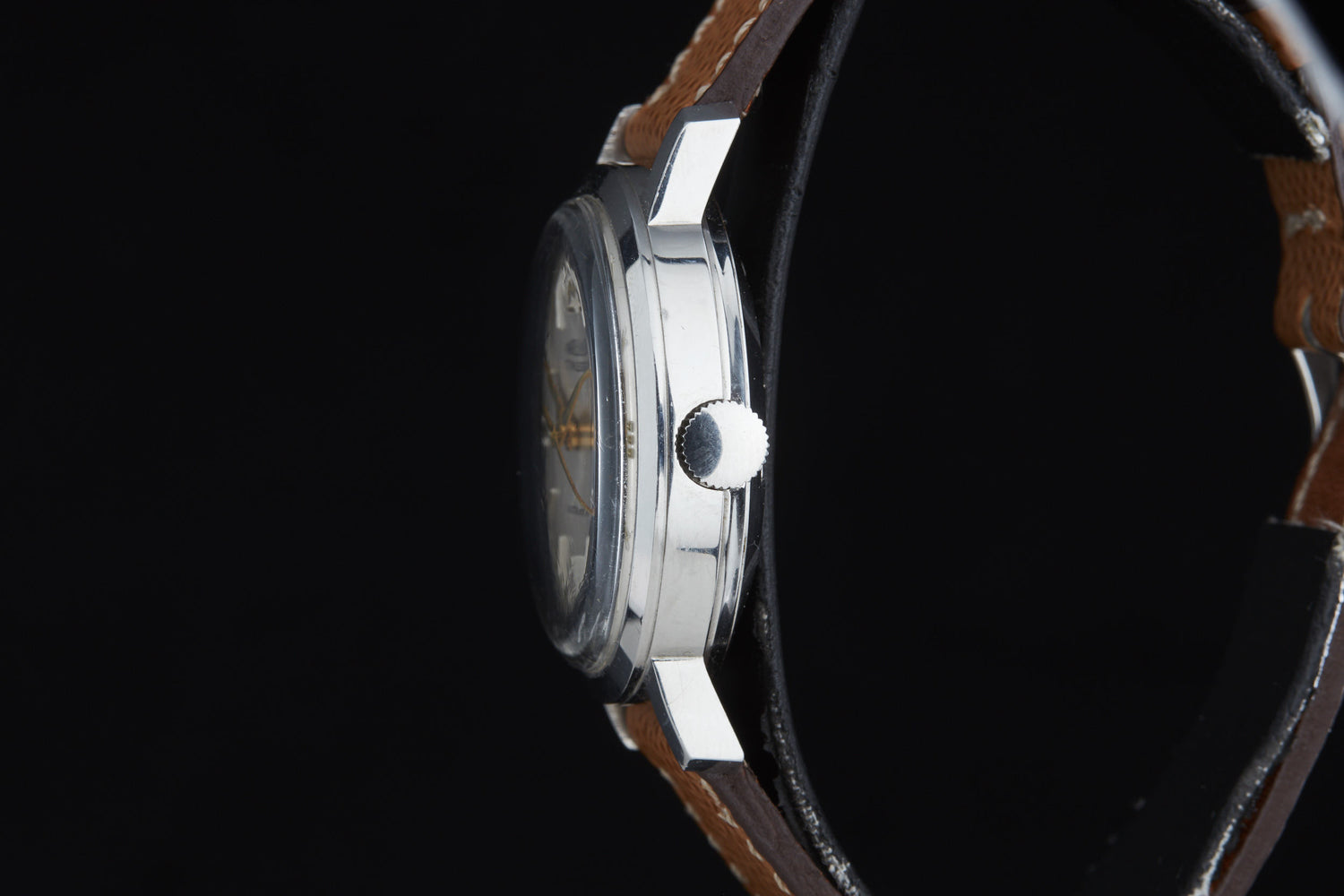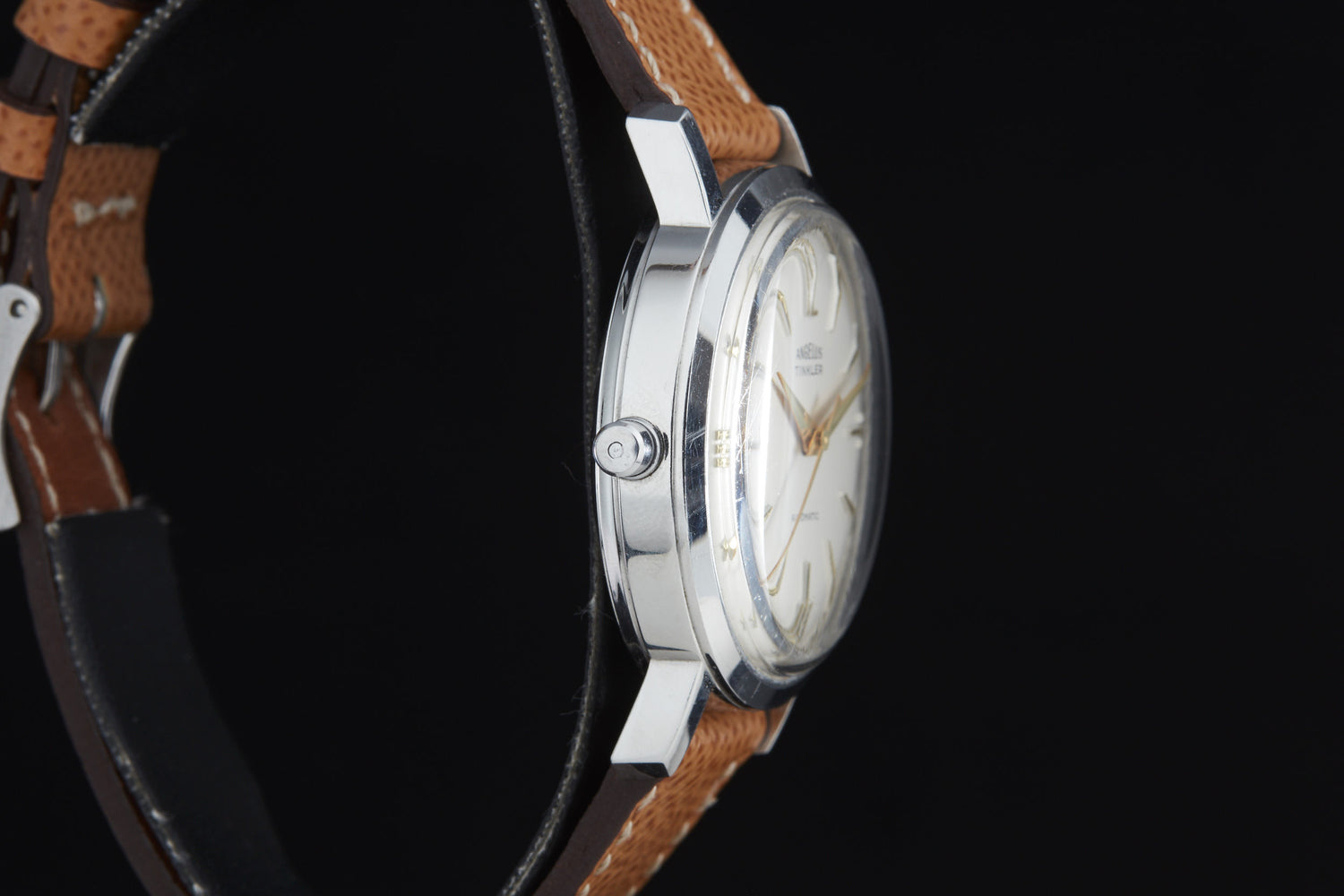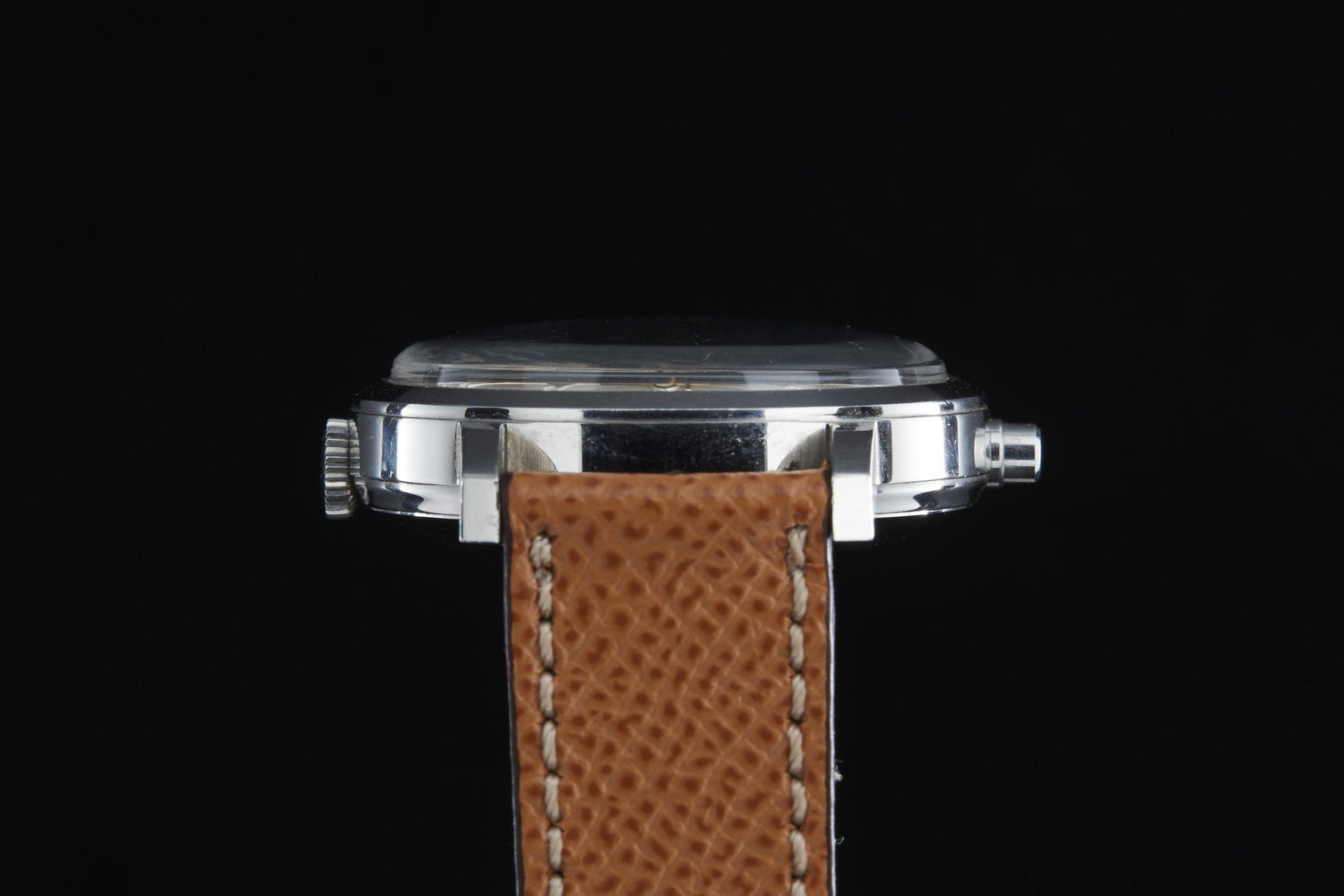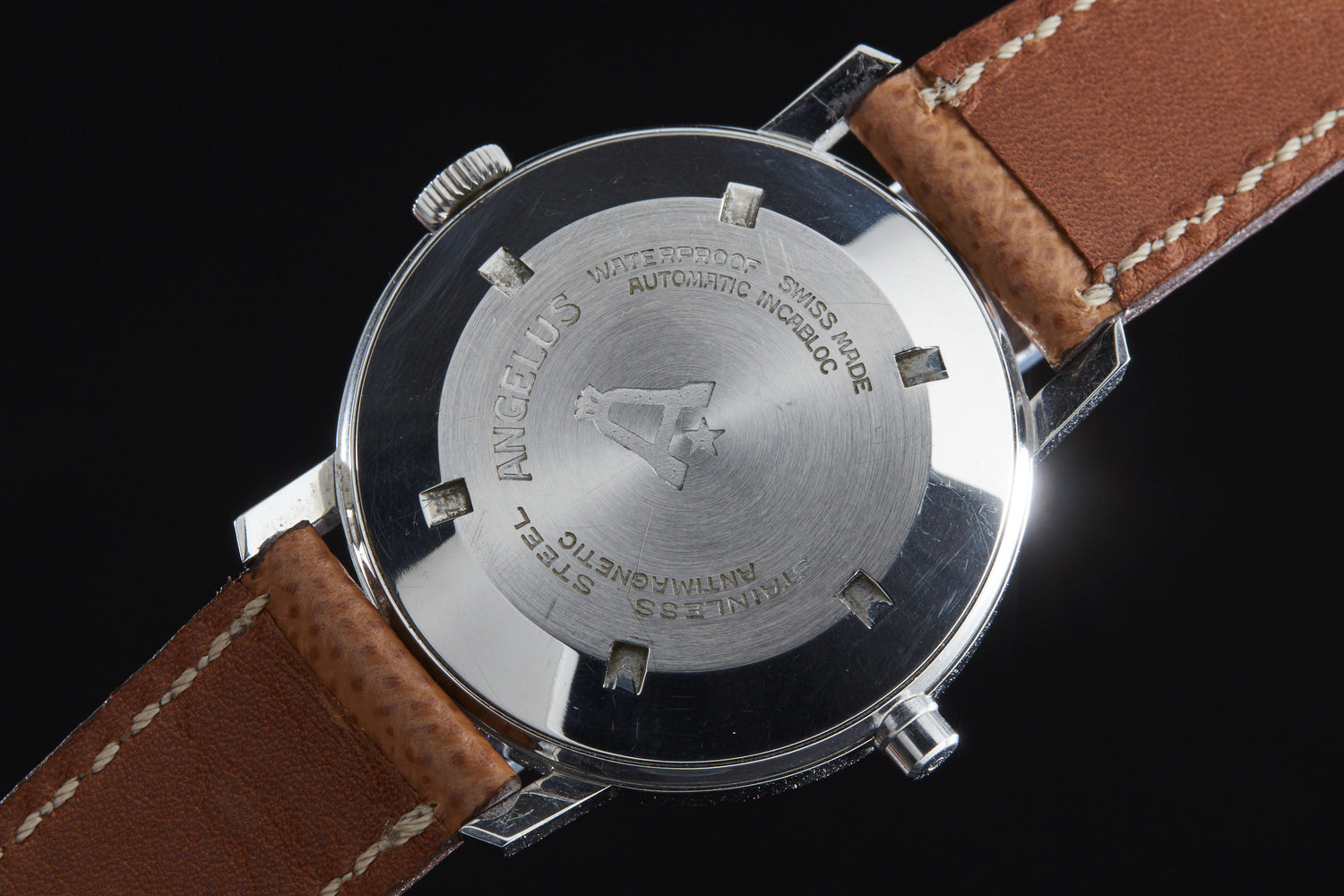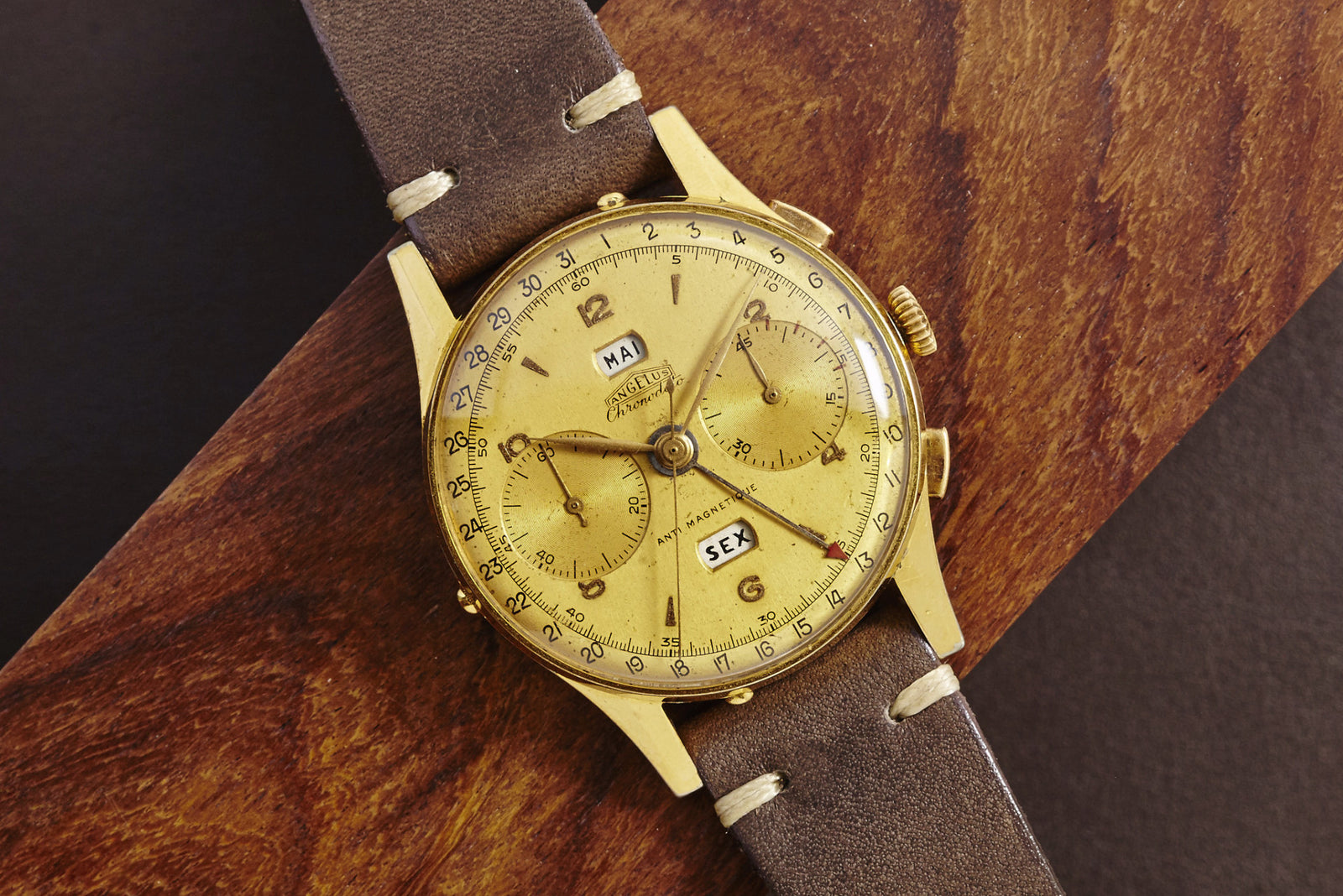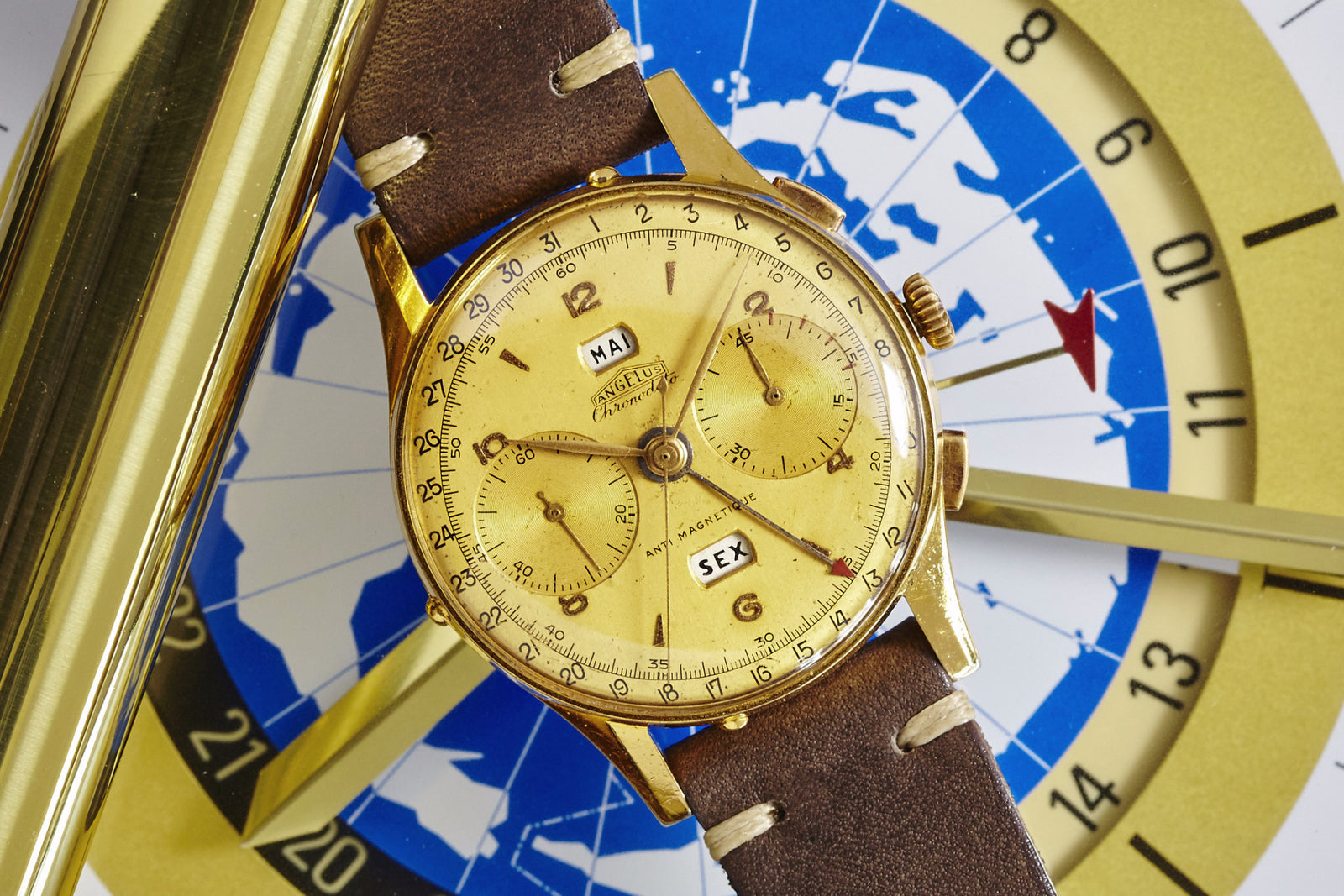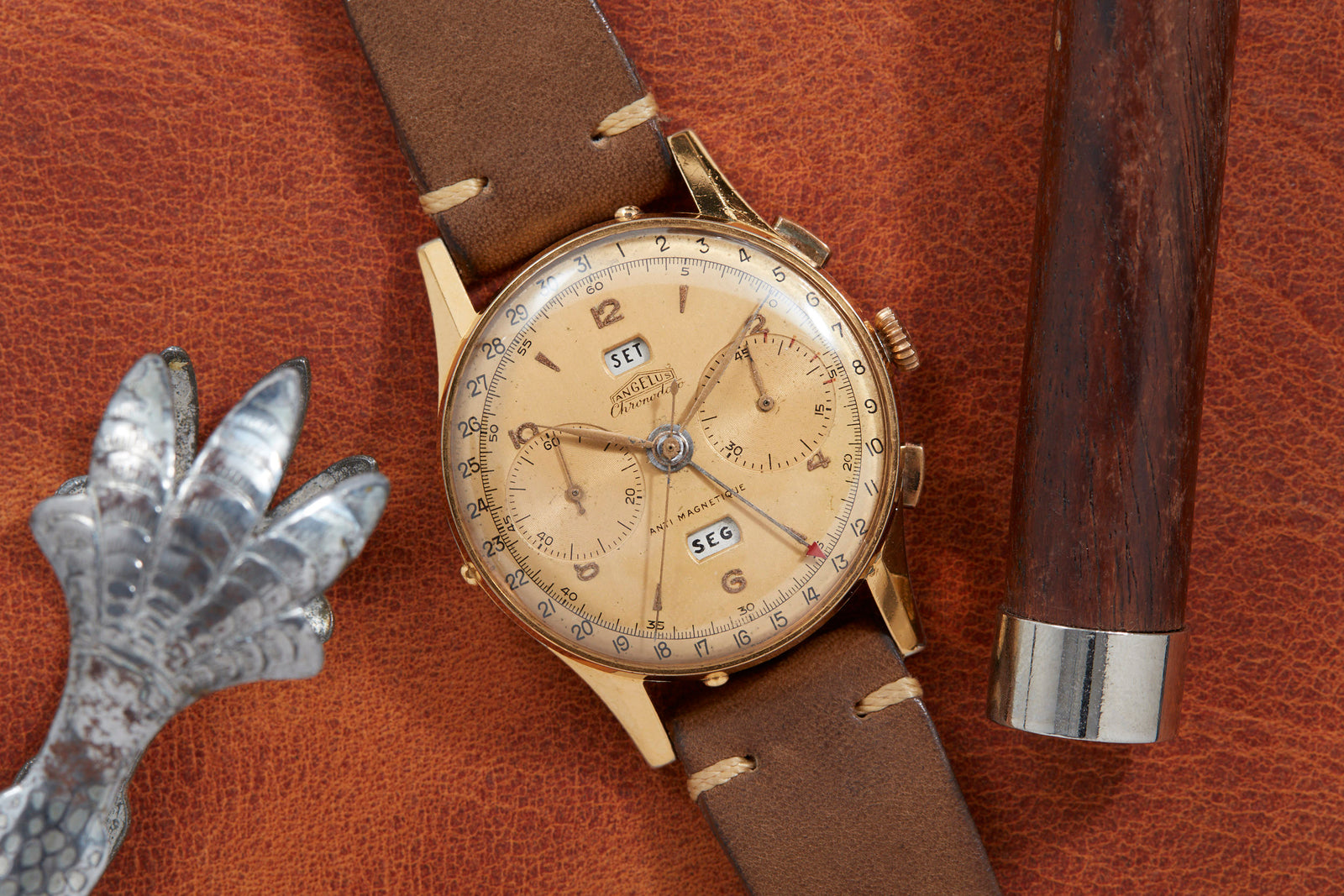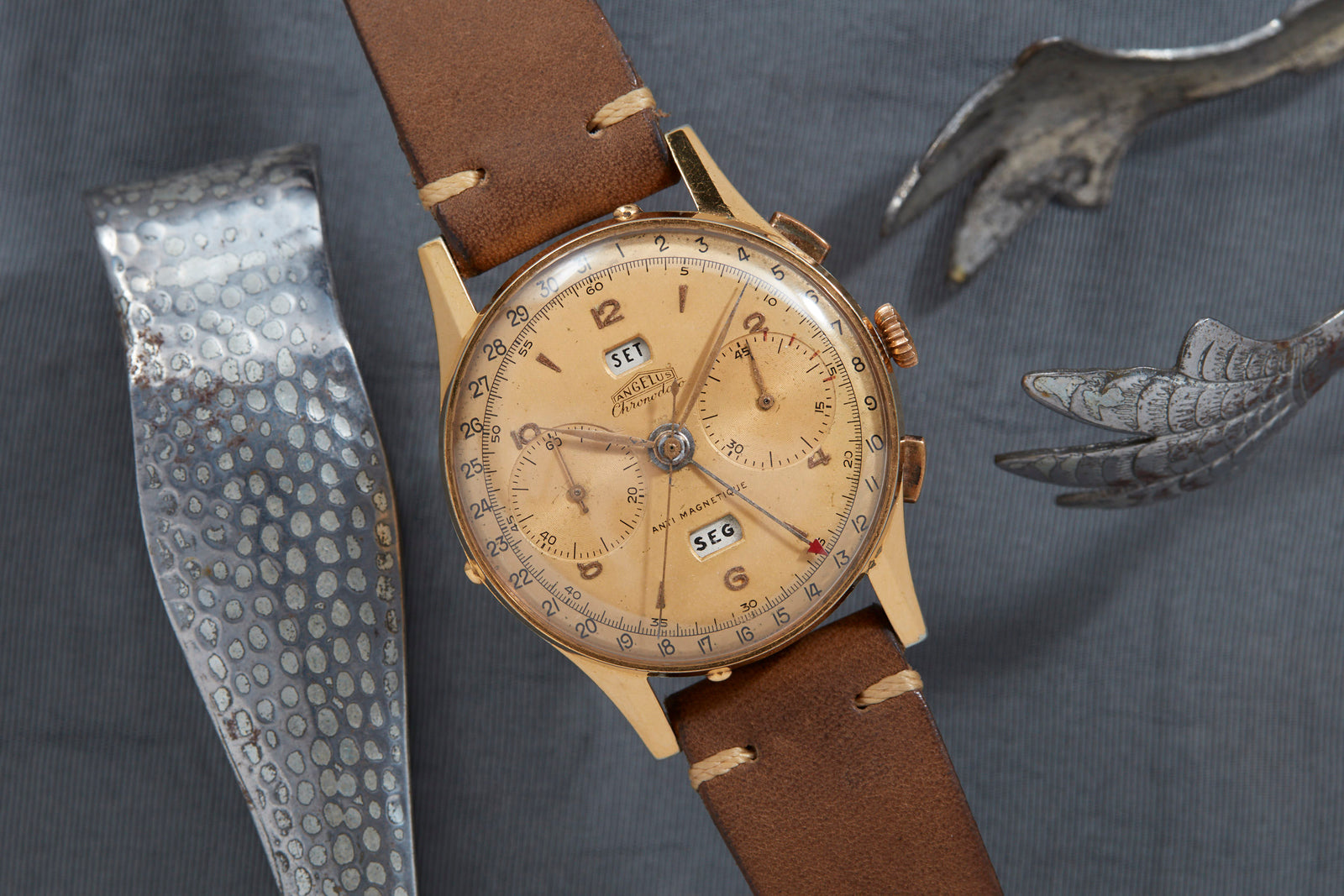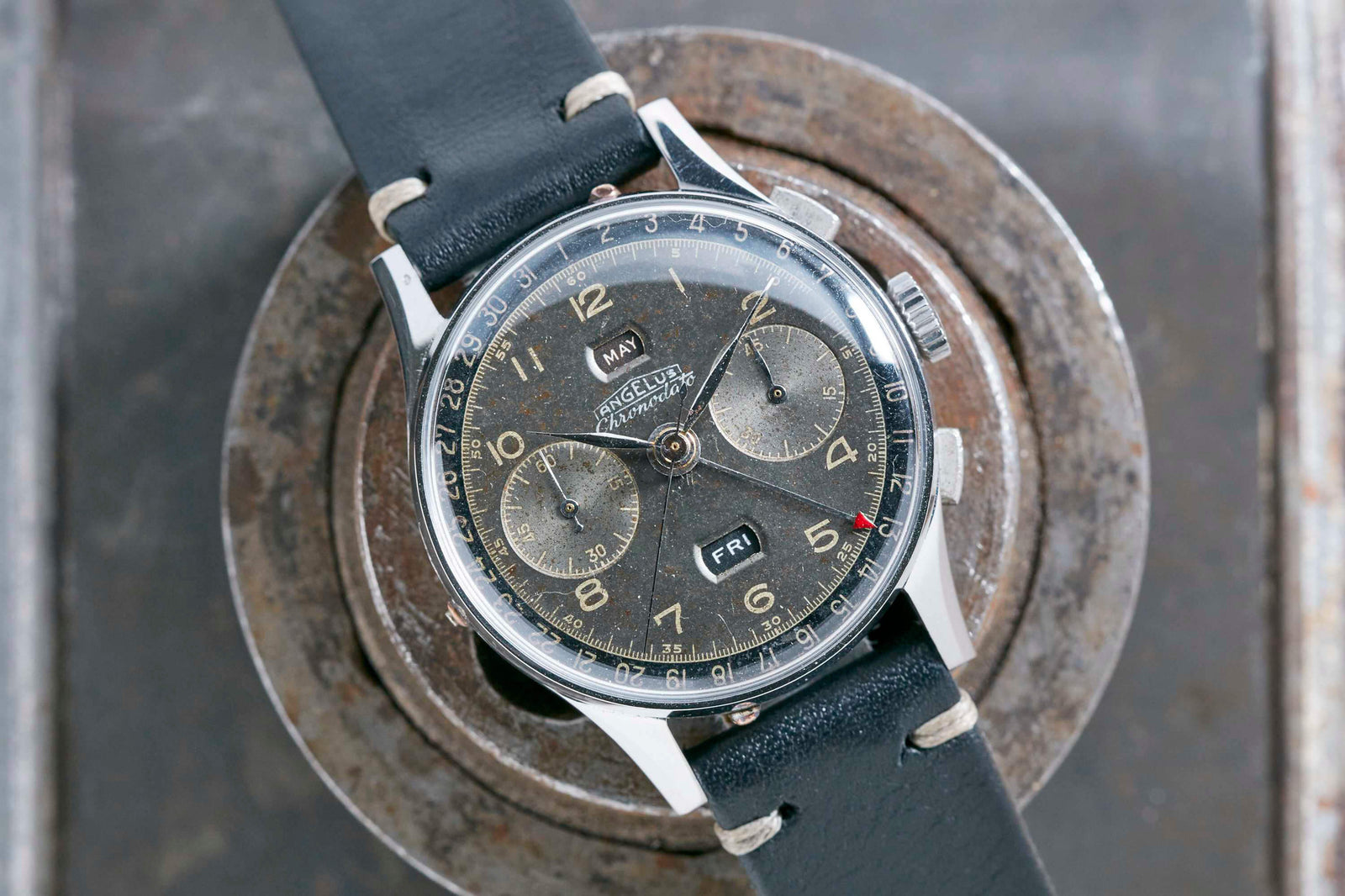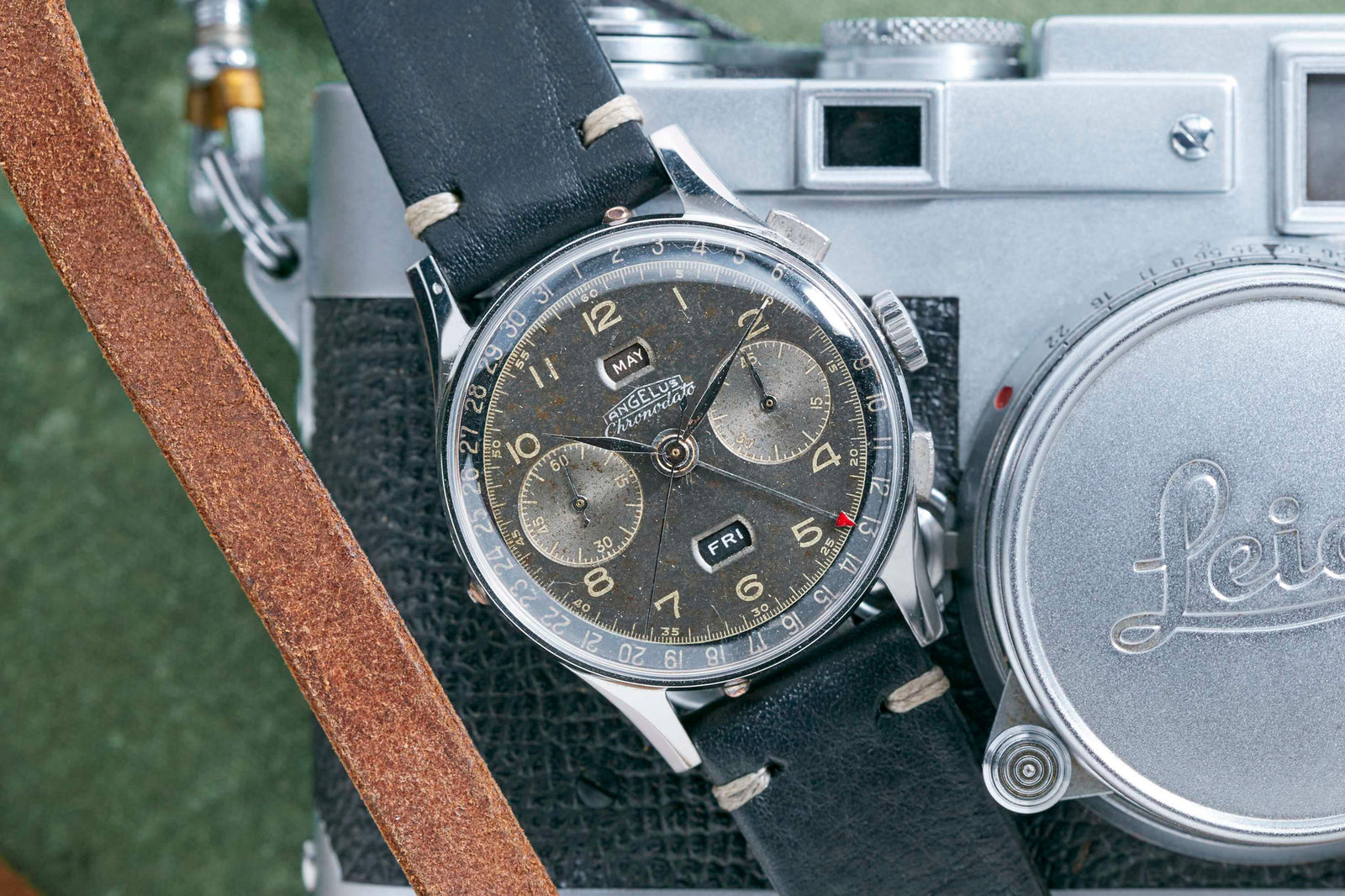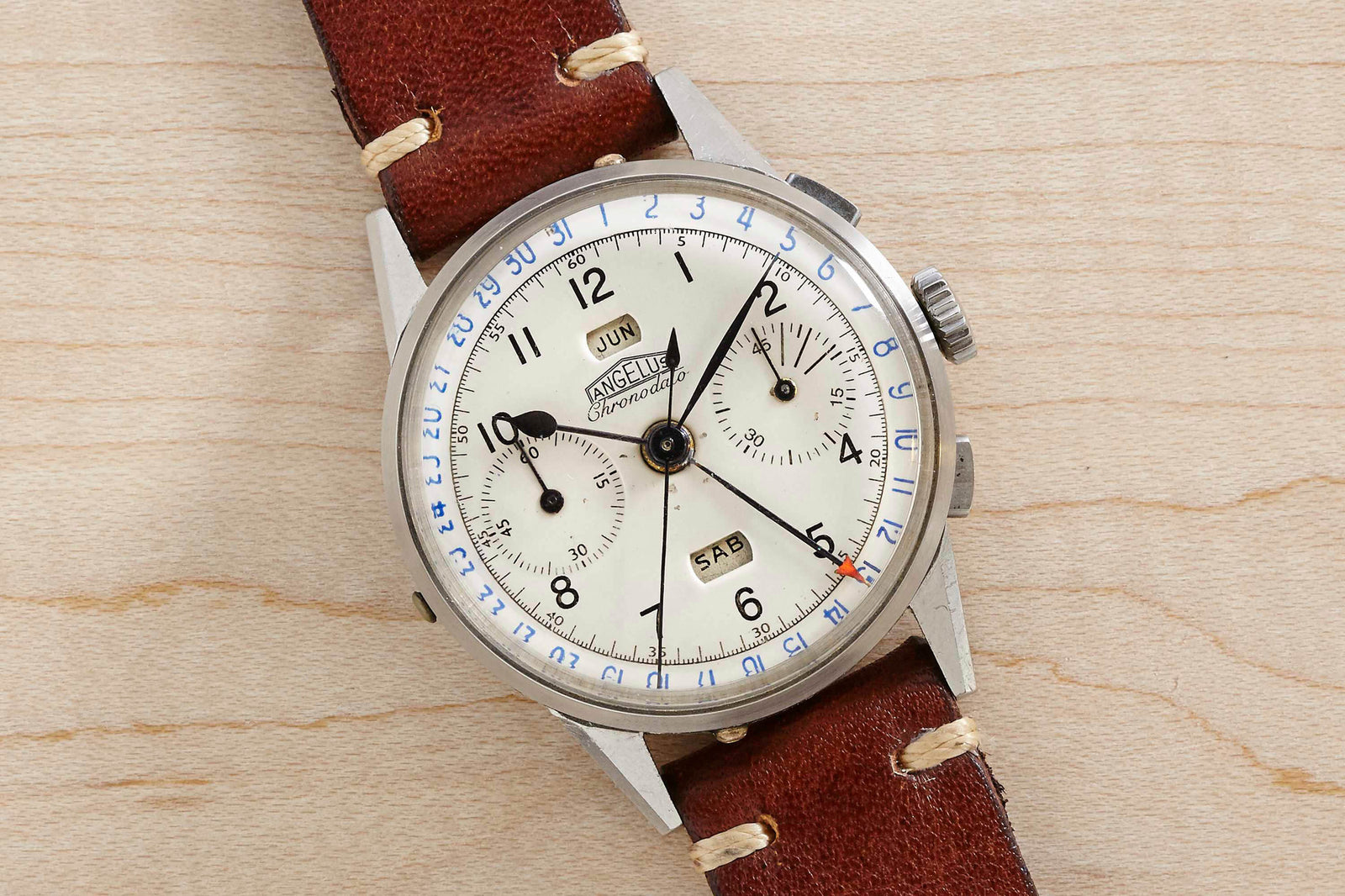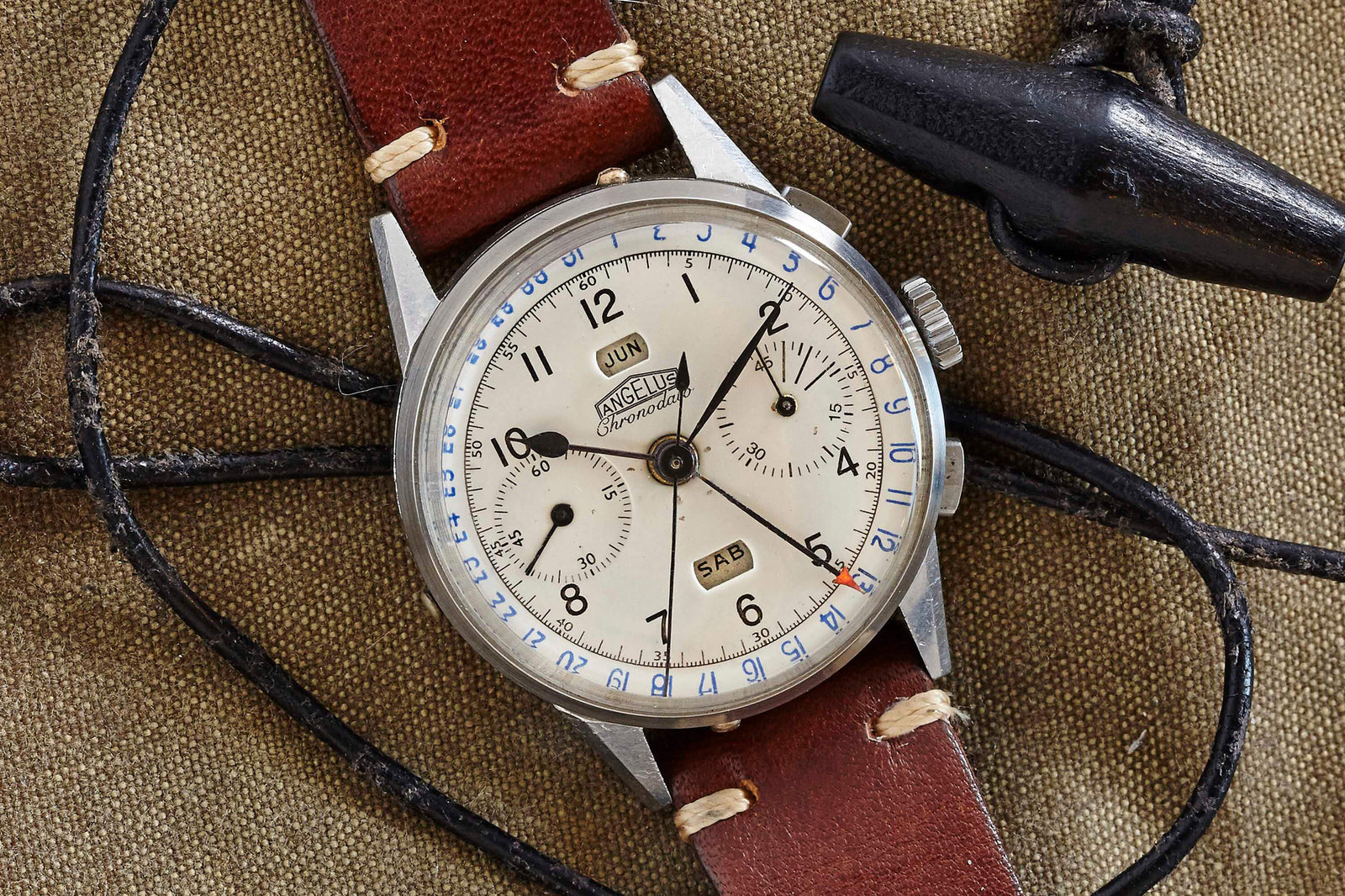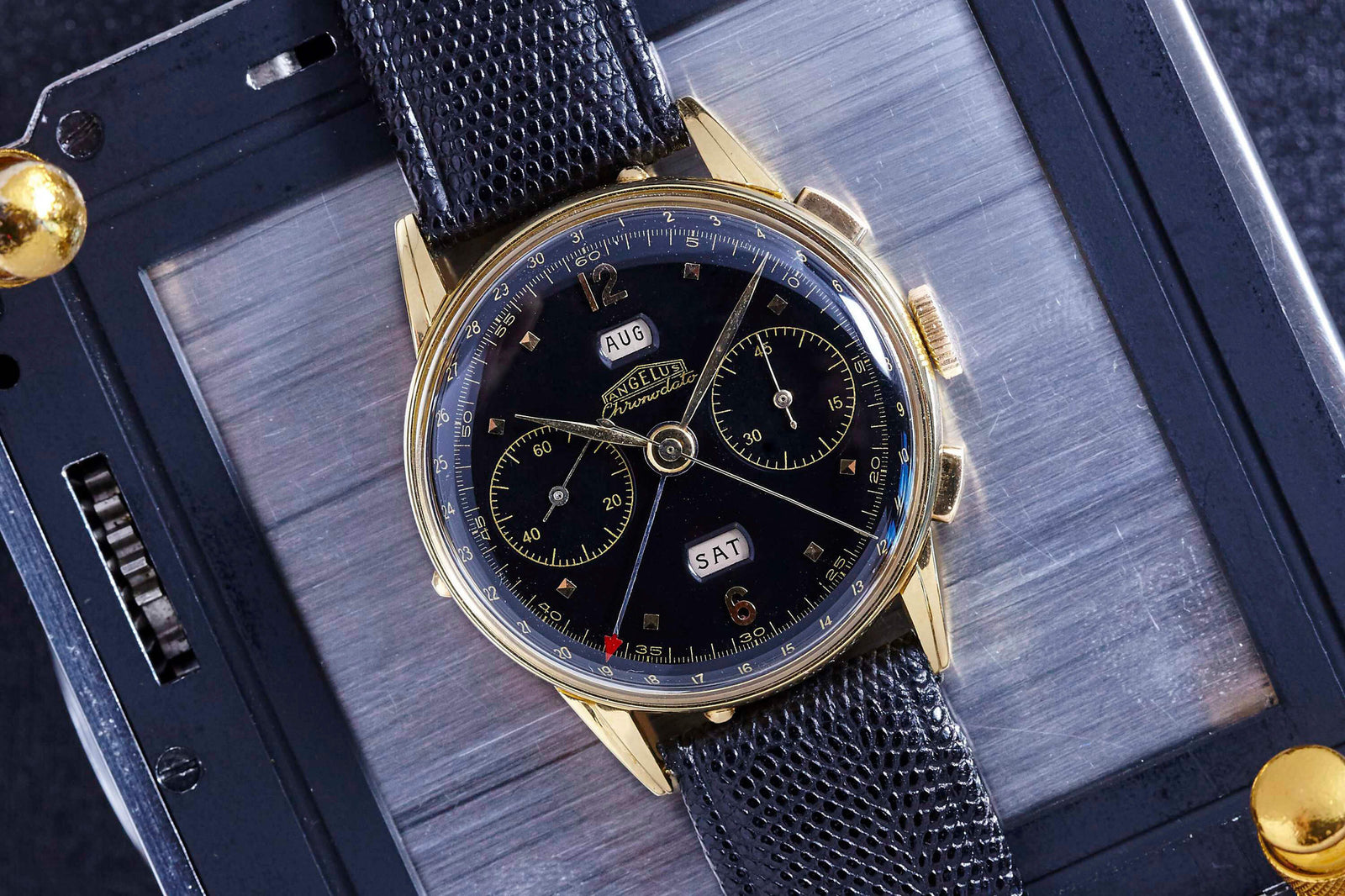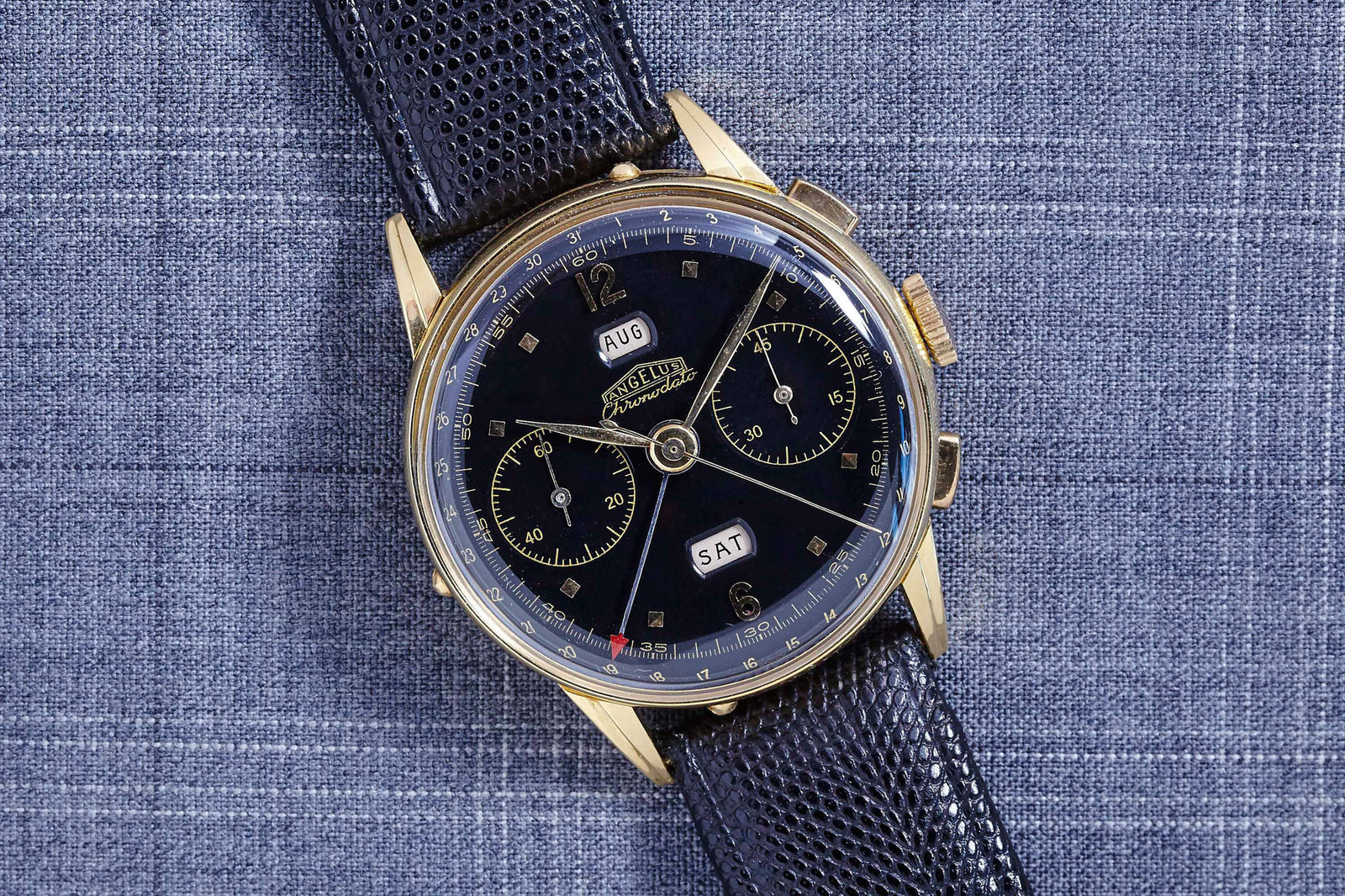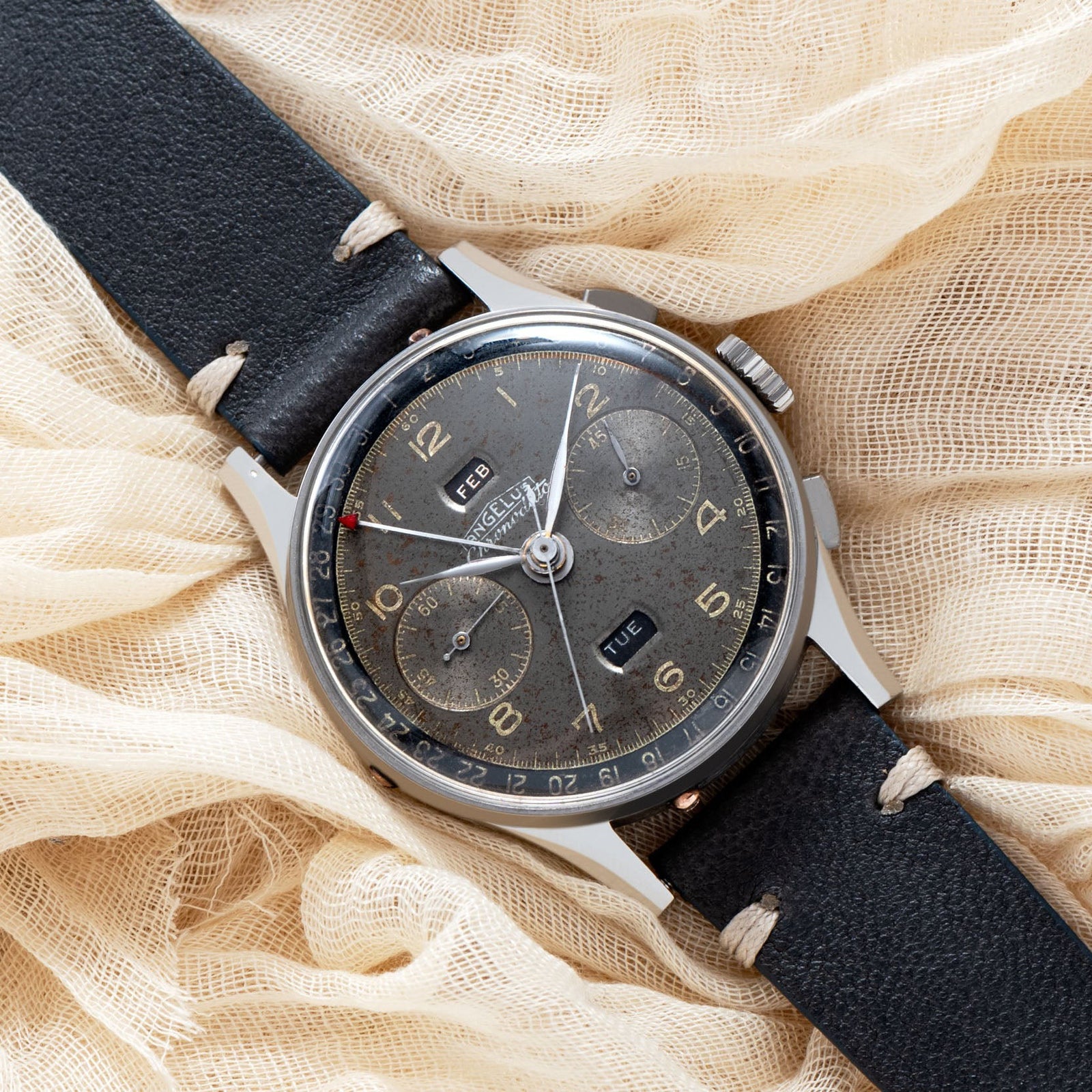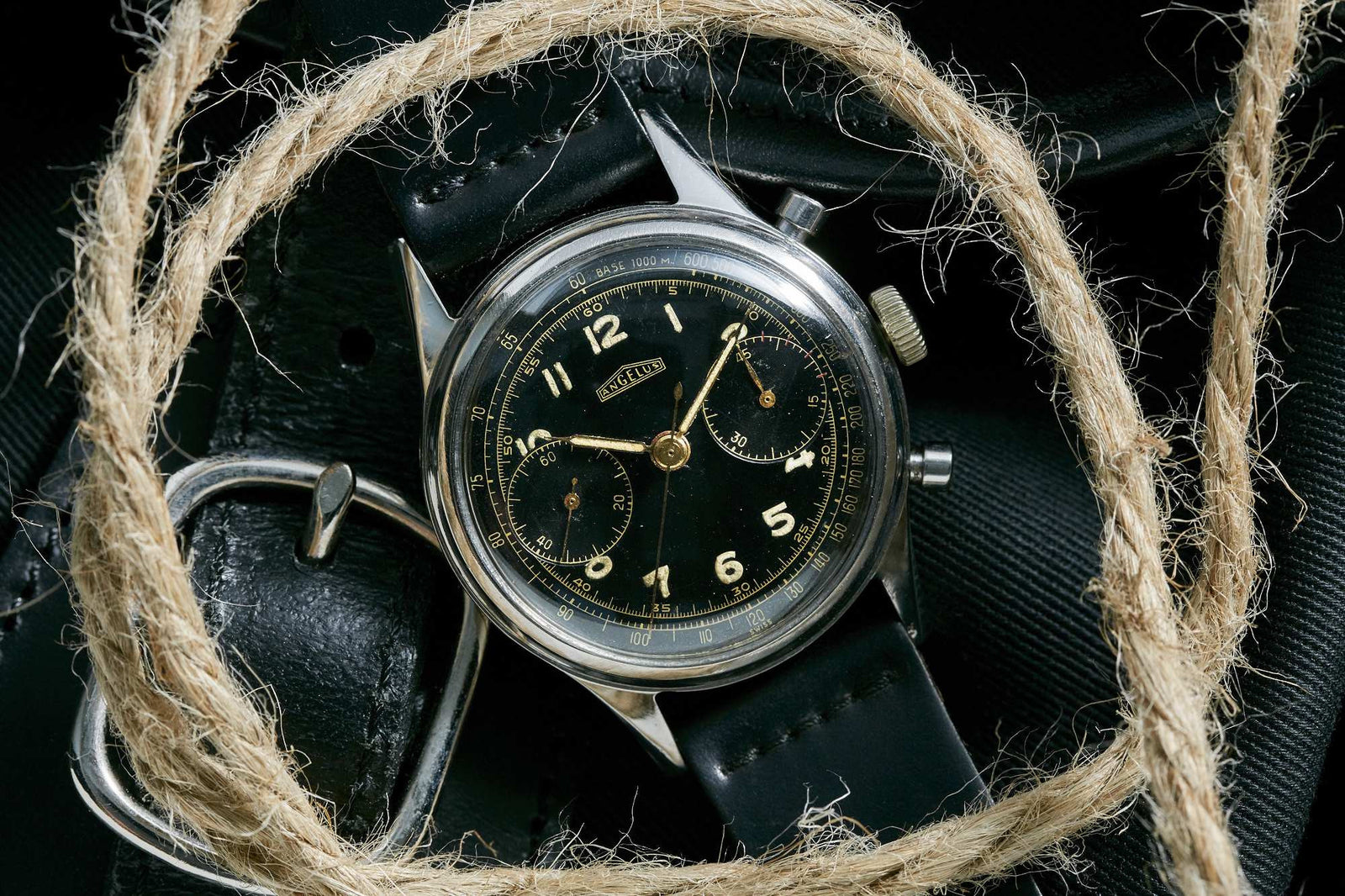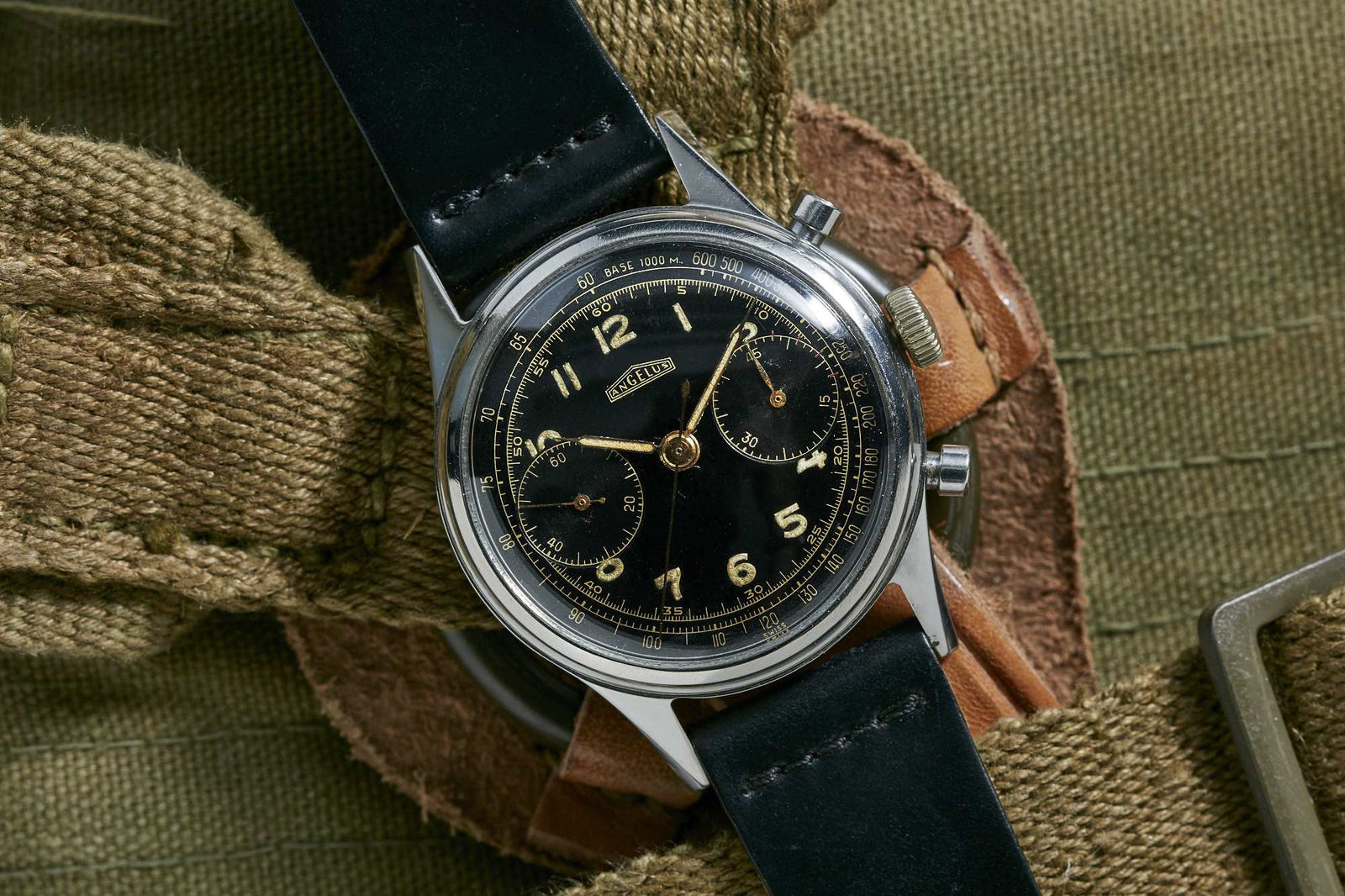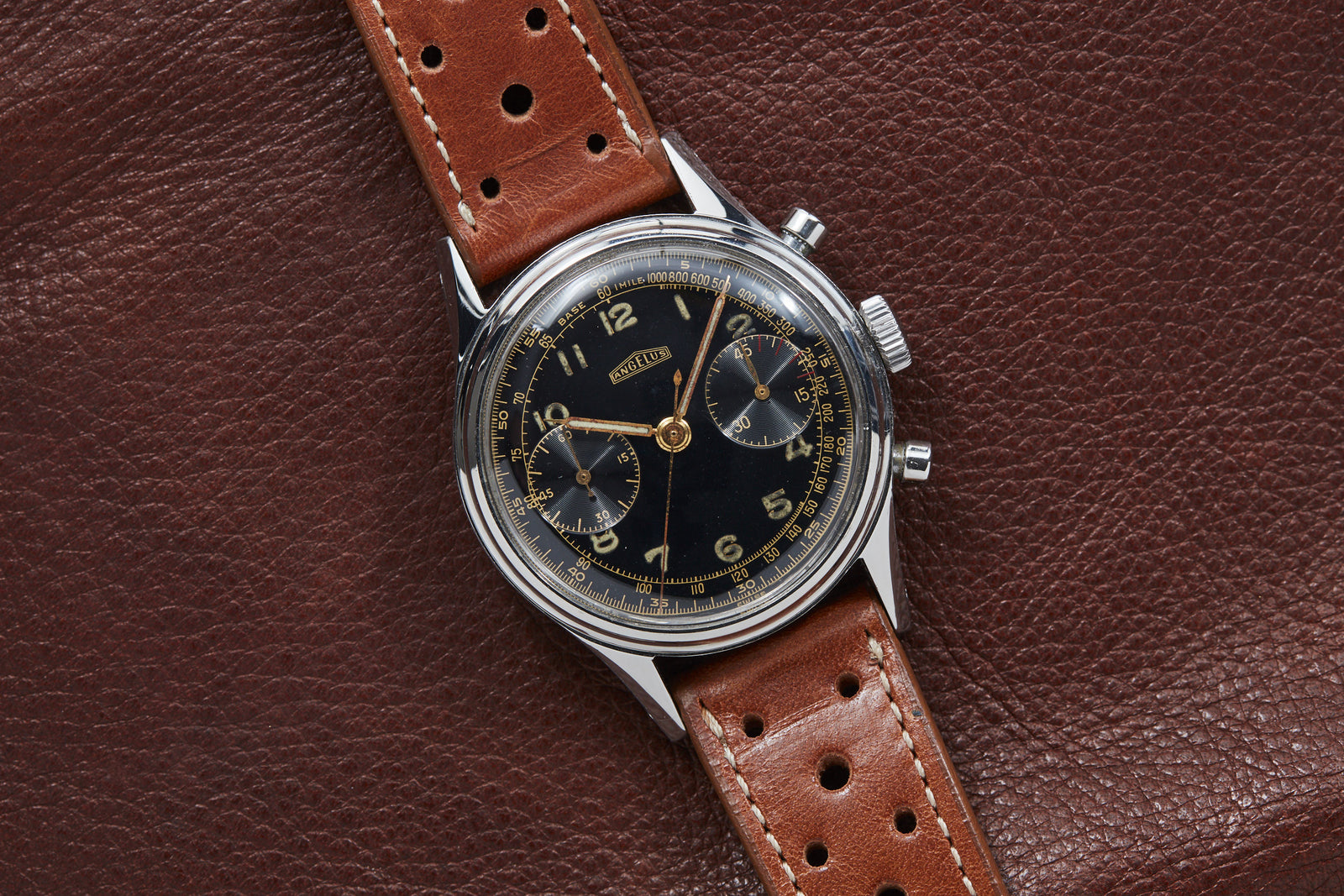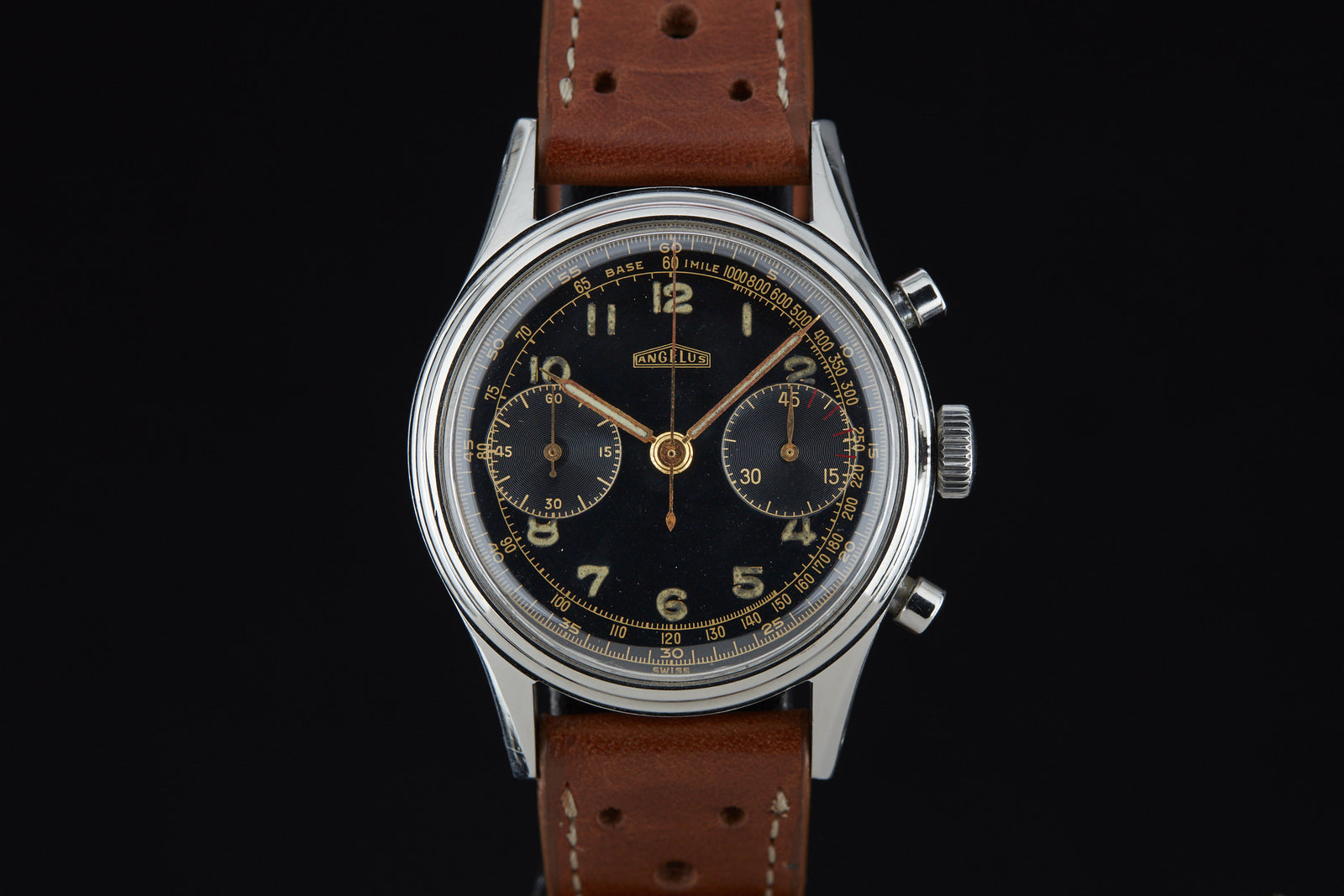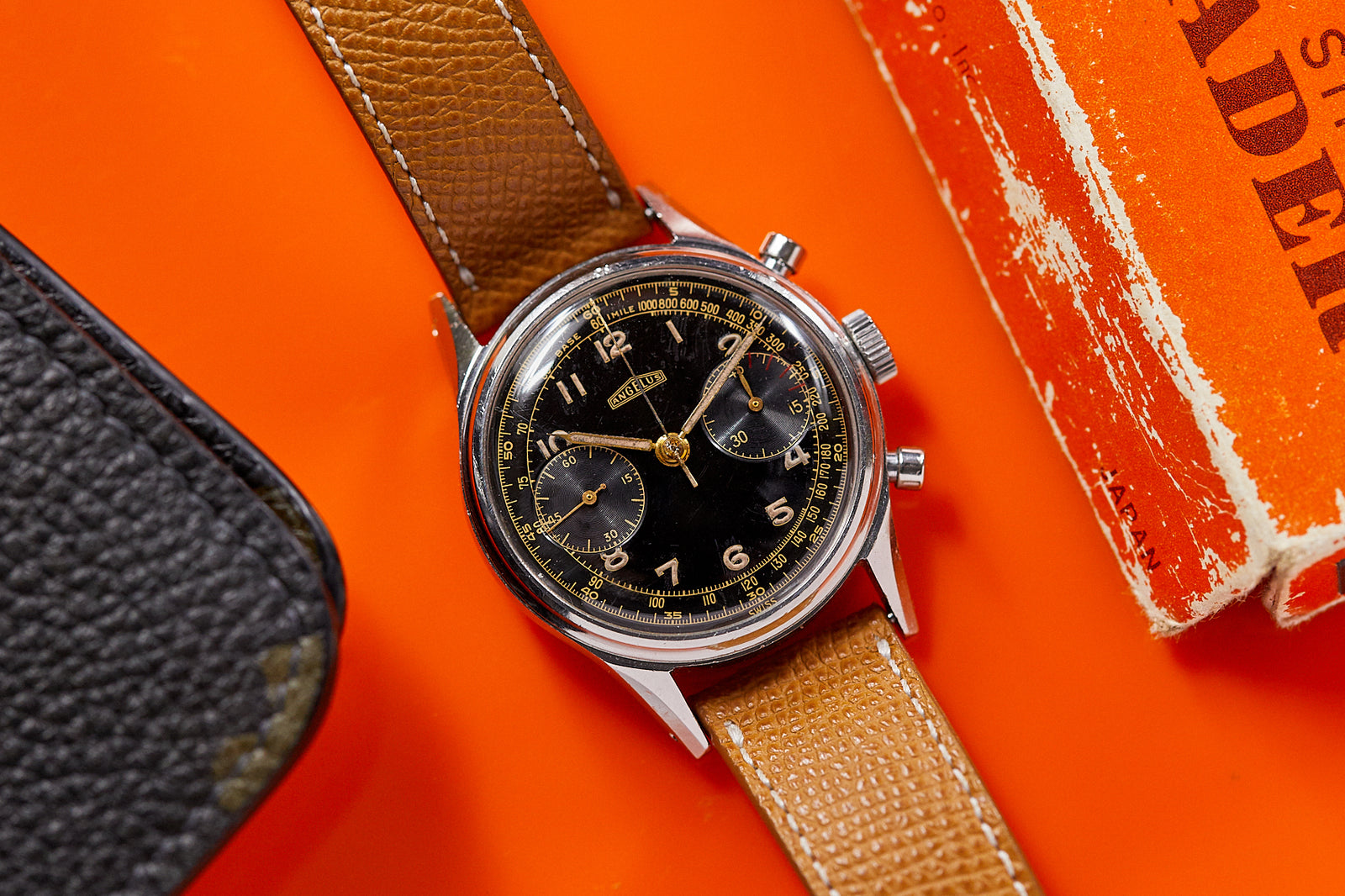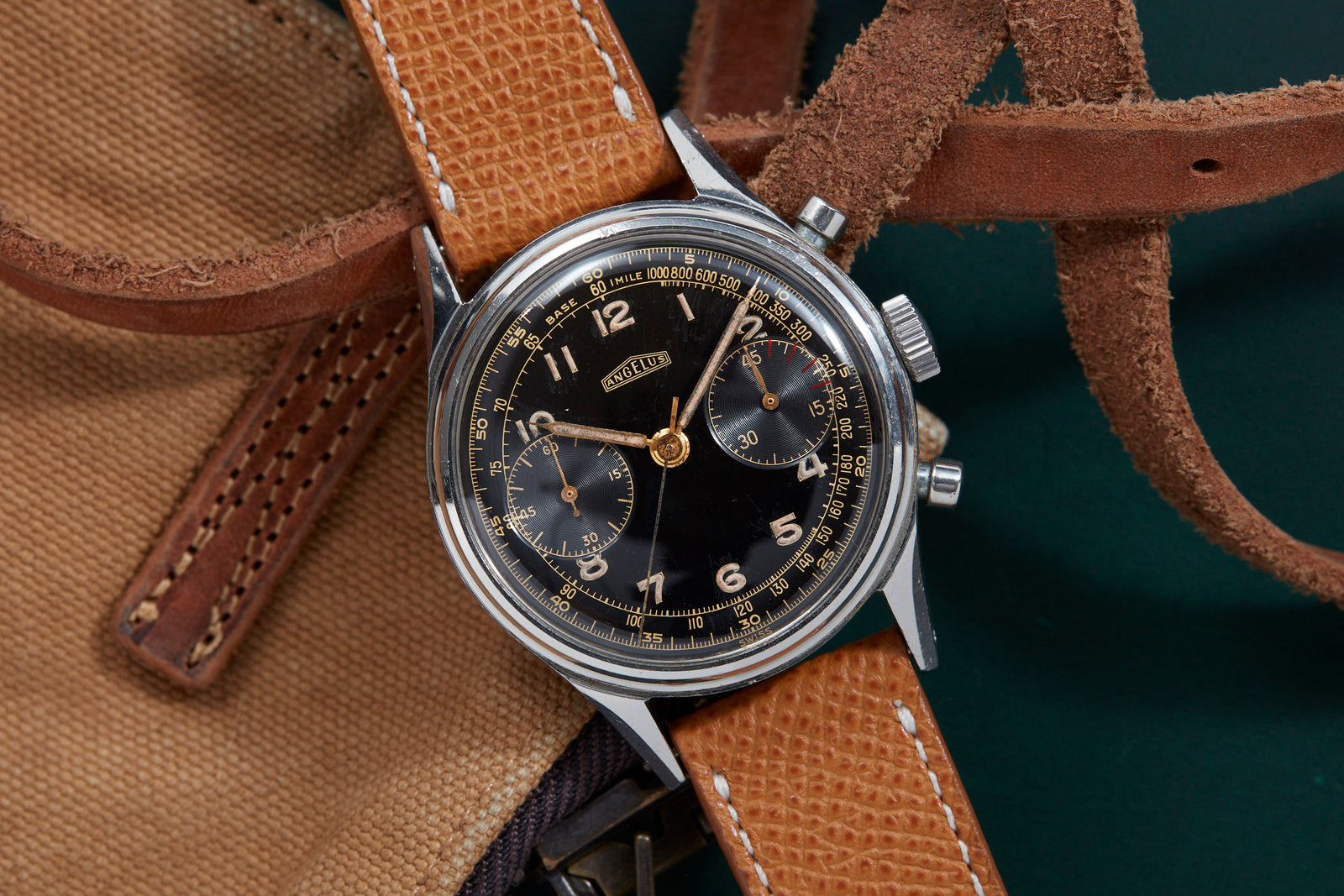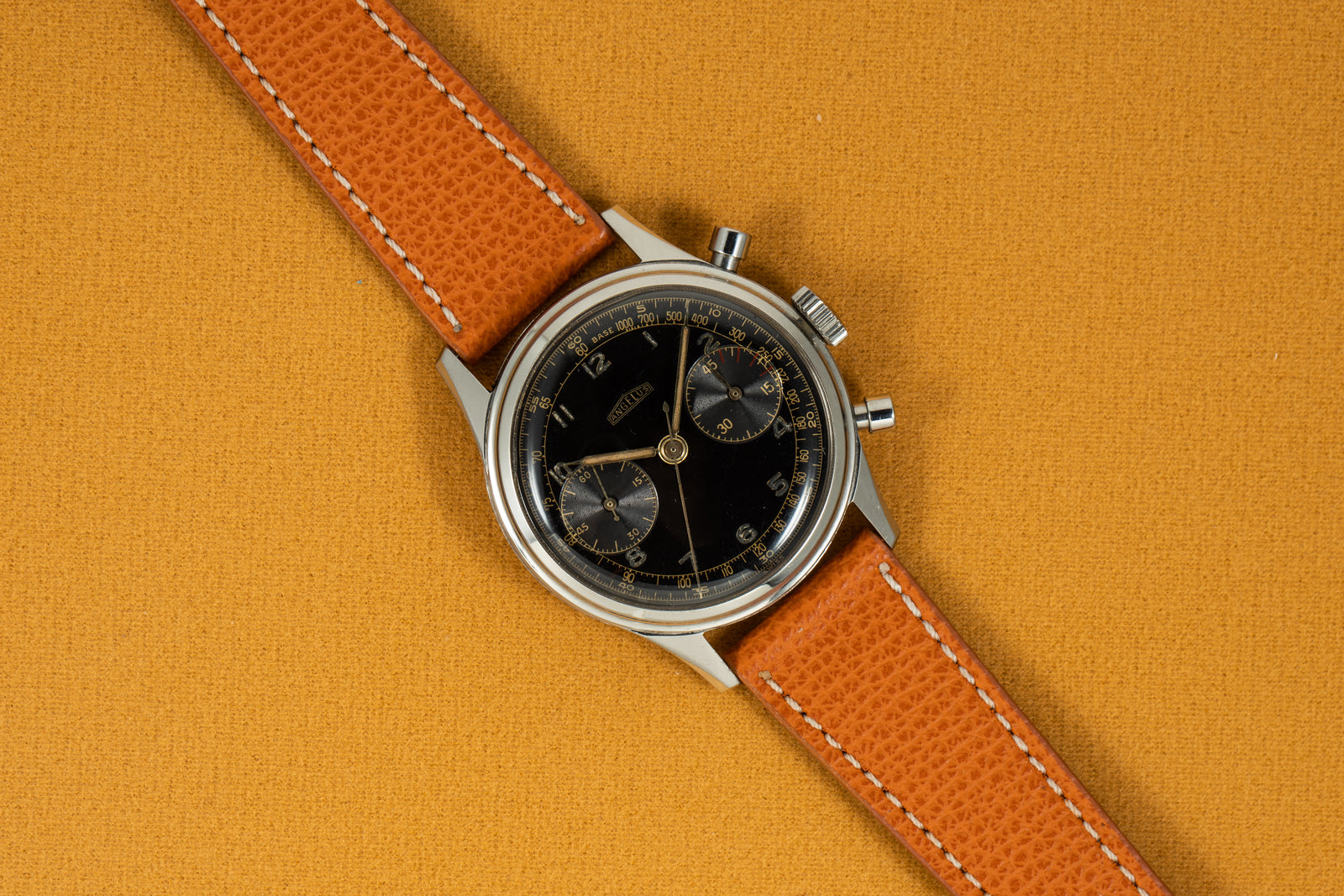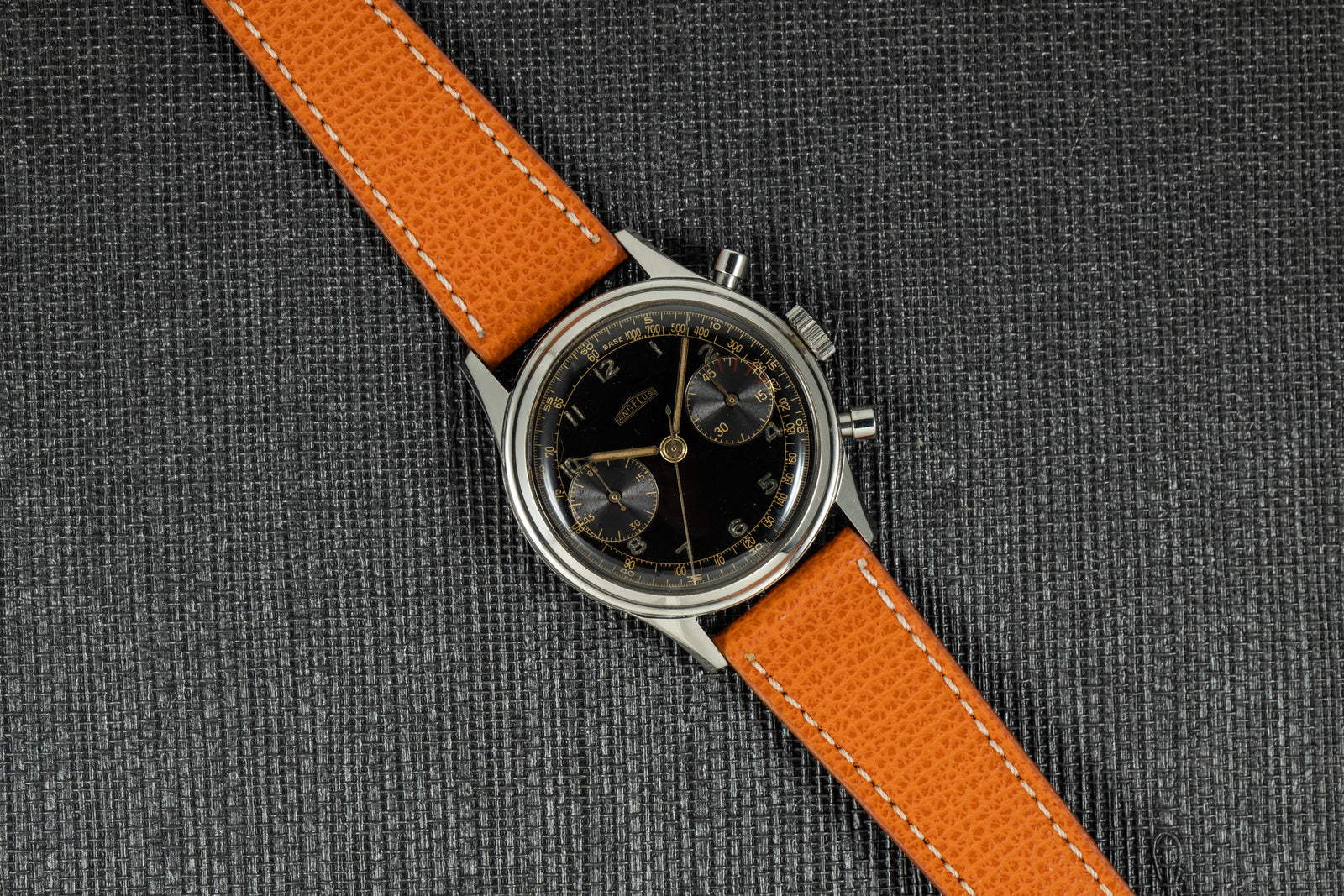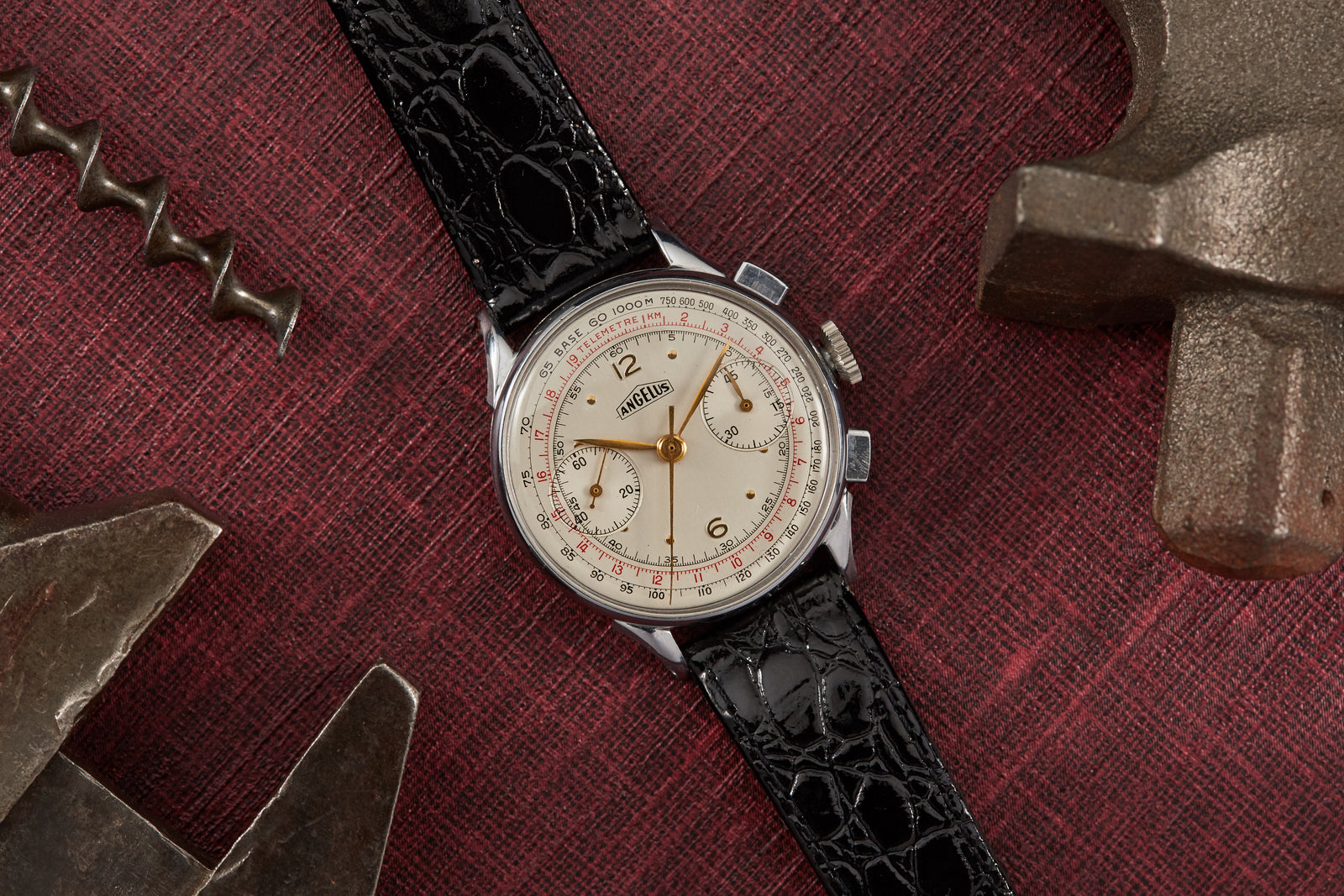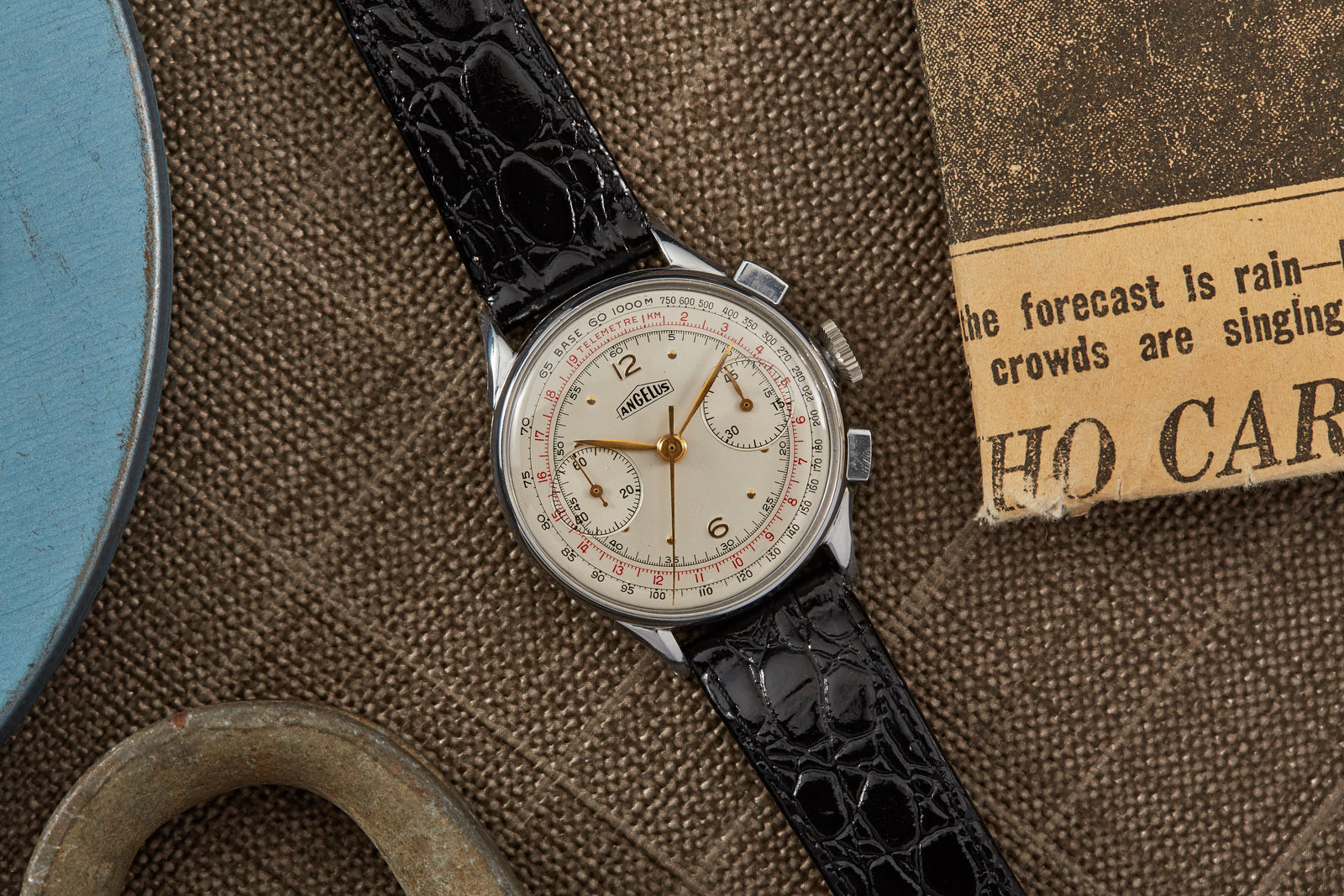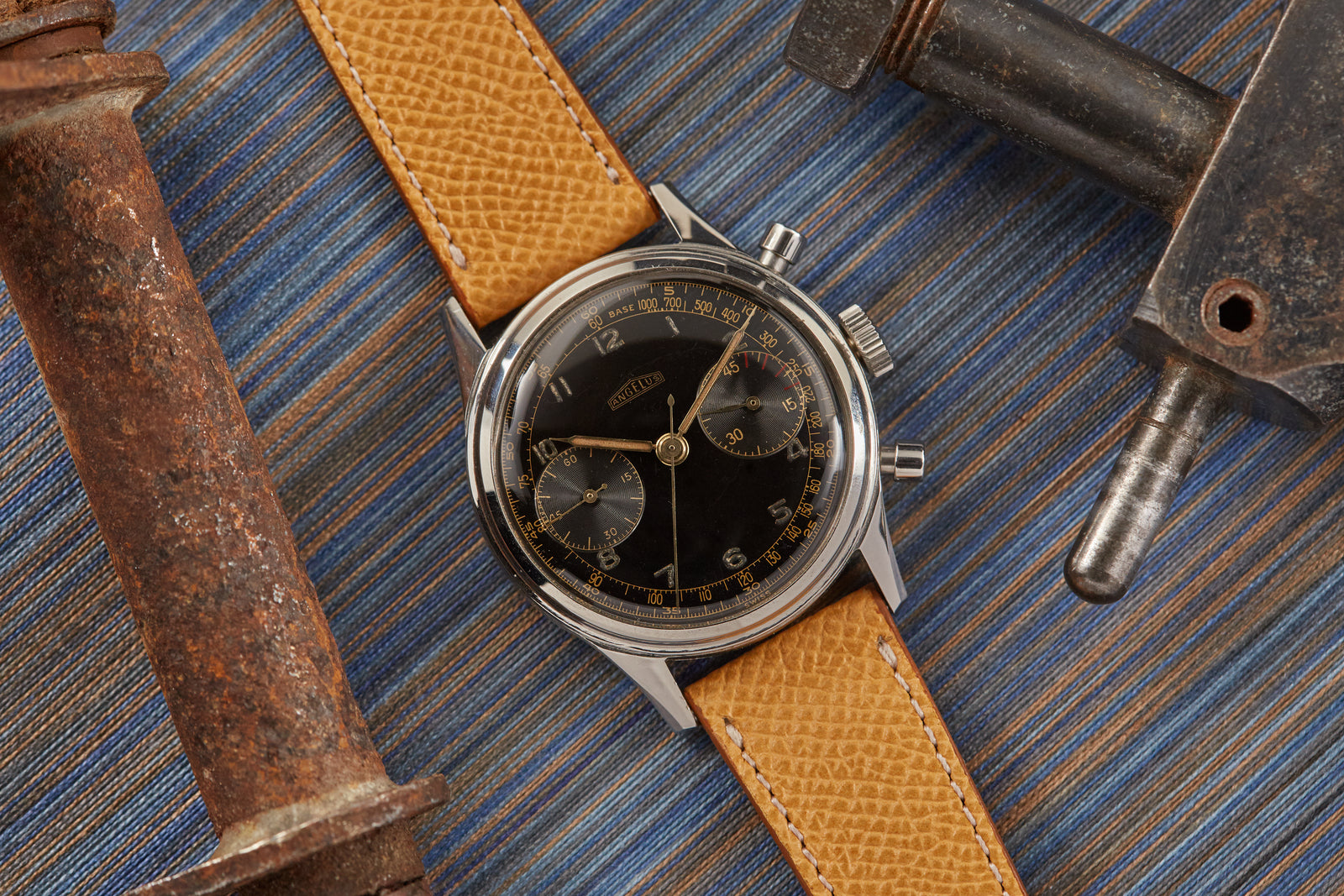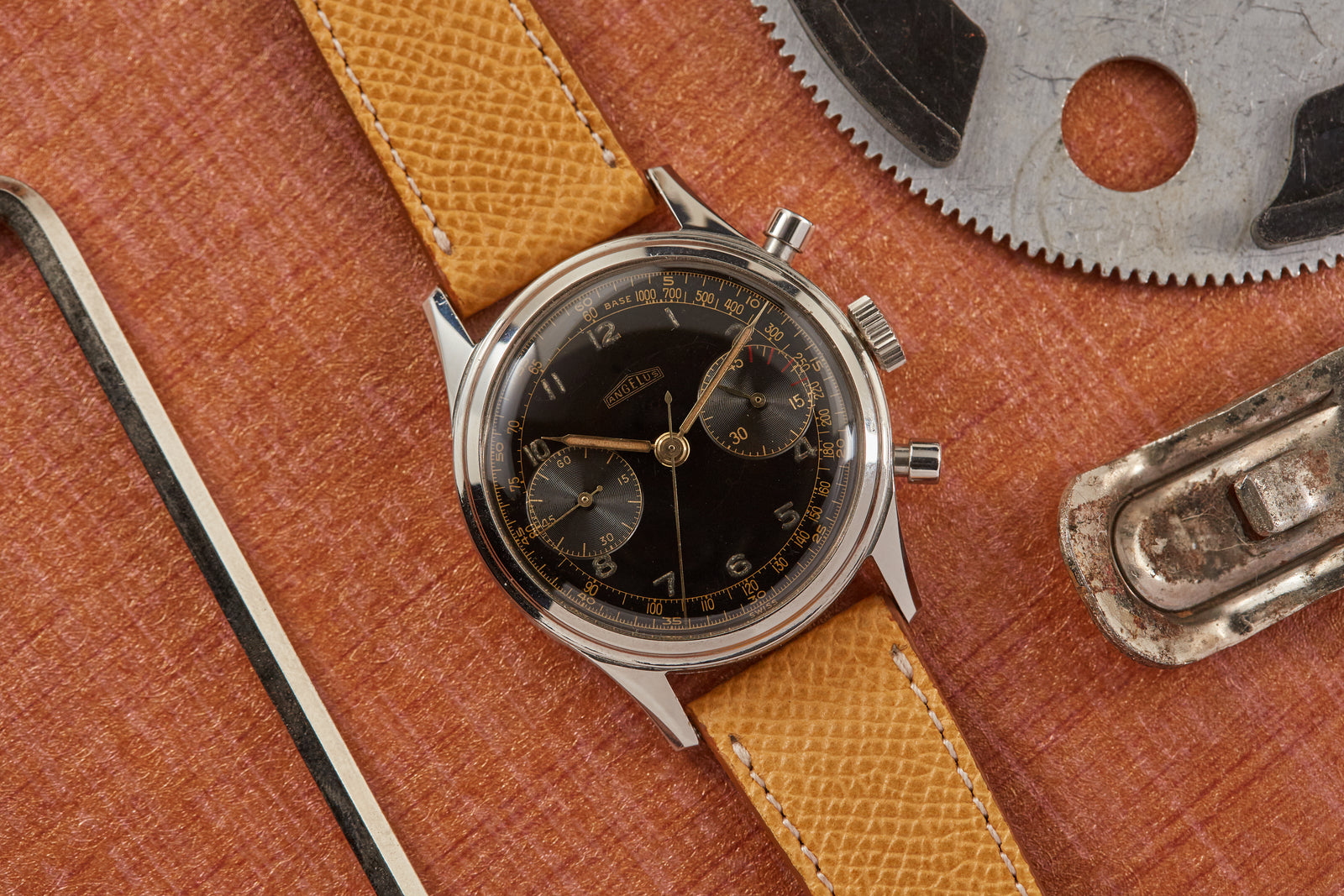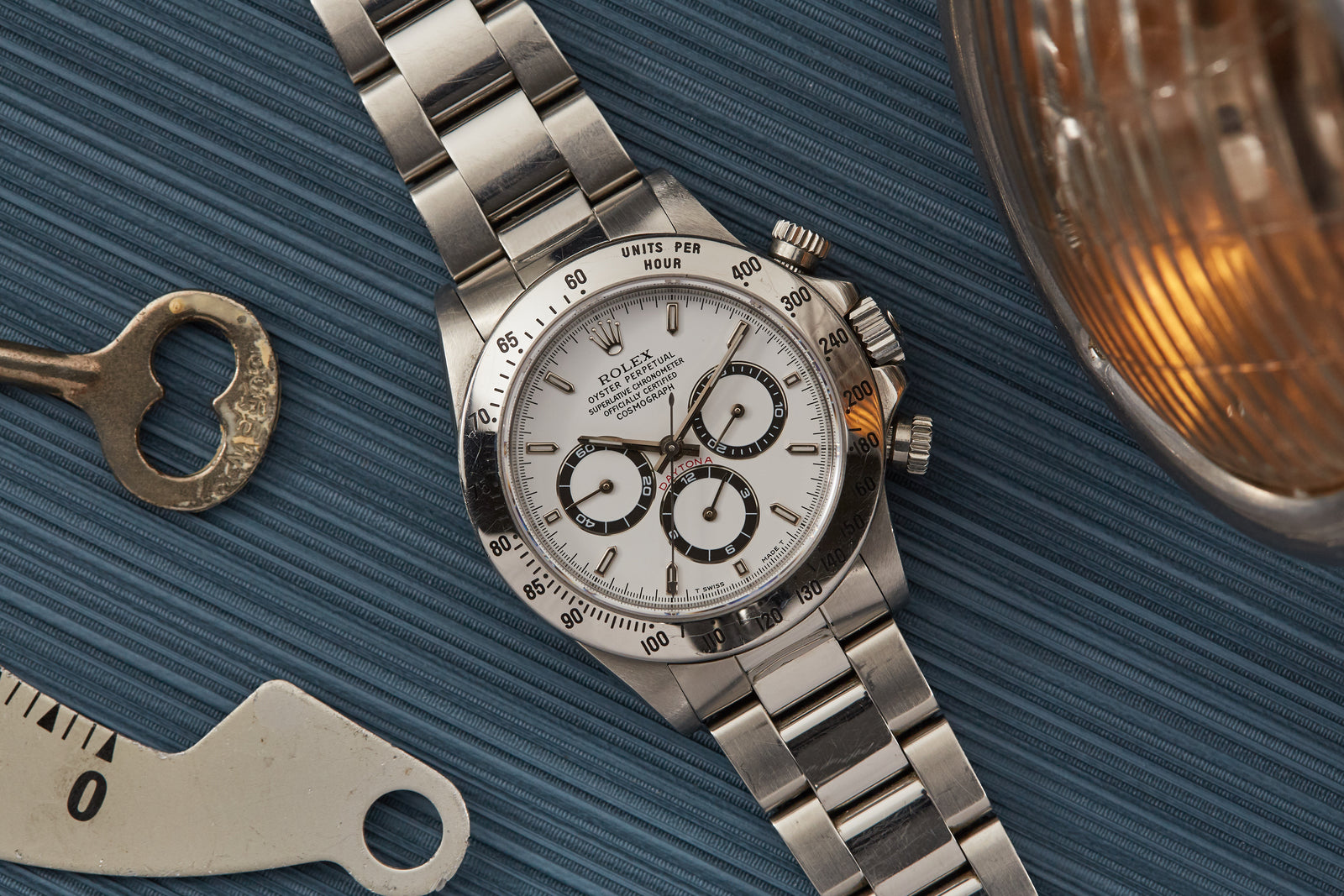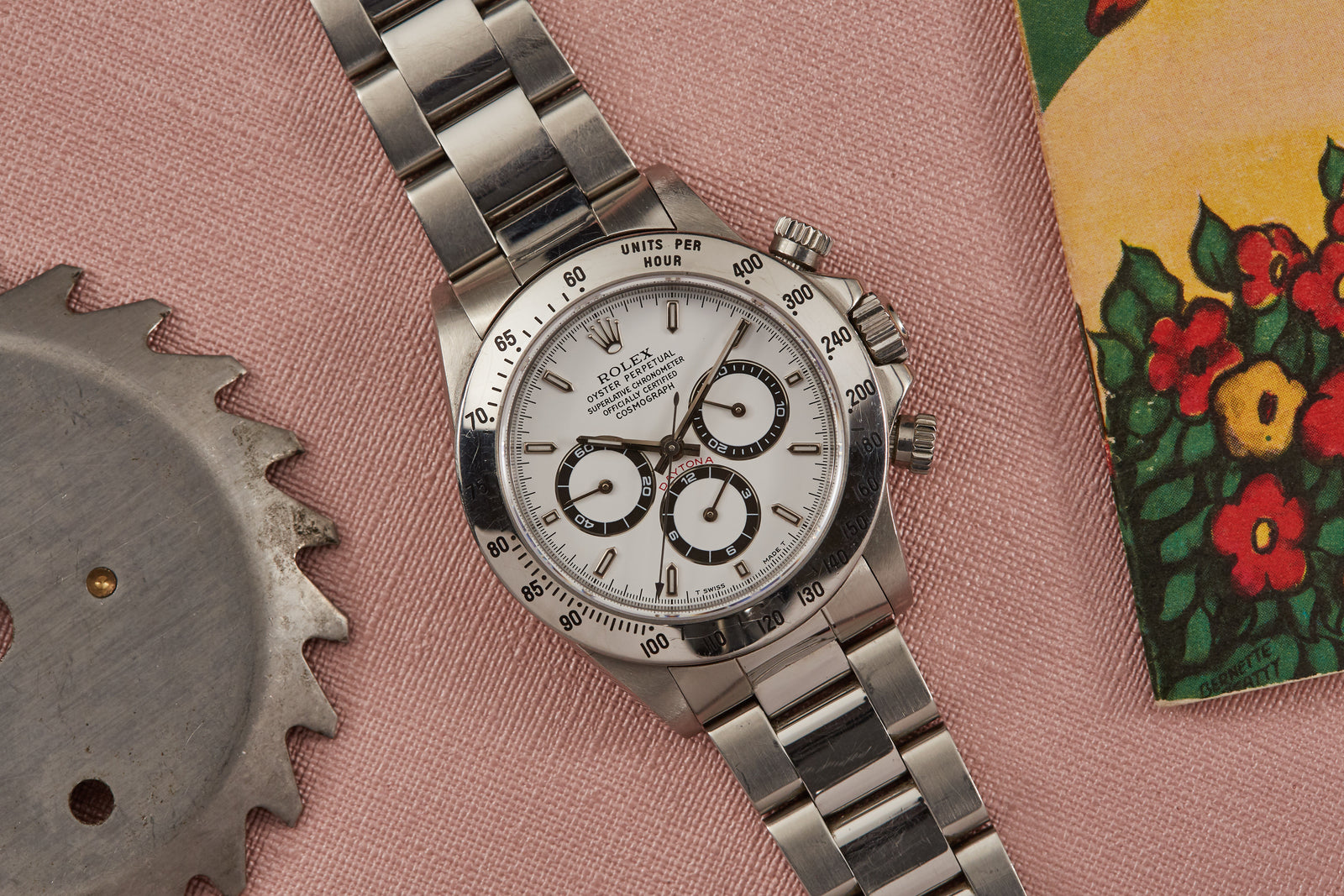Angelus Tinkler
- Soldspan>
- Sold
Why We Love it
–
Why We Love it
–A stagecoach rocks as it rolls over ruts and holes in the road. The sun—barely visible all day through the dense English fog—had set some time ago, cloaking the coach and its occupants in darkness as they sit knee-to-knee. Miles of rocky, rutted road stretch ahead between London and York, and all the passengers can think as they sit in the darkness is, “How much time ’til the next stop?”
A young man sits on his bed, dressing for dinner. It’s the first time his family will see him since he returned from the convalescent hospital, the first time anyone but a nurse will see the bandages over his eyes. He keeps fussing with the tie, tying and untying it, trying to recall in his mind how it felt to make the perfect Windsor knot. More than anything he wishes he could see, but he can’t, not since Ypres—not since the cloud of mustard gas settled over the trench where he huddled with his mates. He clears his throat and concentrates on the task at hand, thinking, “How much time ’til they get here?”
Throughout history, until the invention of electric lighting in the late 19th century, the days were lit by the sun, the nights by the moon, and on moonless nights the only way to see was by candlelight. In the 17th Century, clockmakers and, later, watchmakers, devised repeating clocks and watches as a way to tell time in the dark. English watchmakers Edward Barlow and Daniel Quare both devised systems for quarter-repeater watches, which were sold commercially just as the 18th century dawned.
Essentially, in a mechanical watch, a repeater is a complication that chimes the hours and minutes. It was Barlow who invented the “rack and snail” system that watchmakers still use to make repeating watches. In this system, once a button on the outside of the case is depressed, a lever releases a hammer that then strikes a bell (or a gong) mounted inside the watch case. In the 19th century, the great Swiss watchmaker Abraham-Louis Breguet replaced the bells with gongs in his repeating watches, thus greatly simplifying an already complex mechanism. This made them invaluable for travelers in the age before railroads, when travel was done in carriages without any kind of artificial light.
Repeaters were useful for the visually-impaired as well, as they tell the time through sound rather than sight, which saw their continued use by soldiers who had been blinded by mustard gas in the First World War (such as the soldier we described above).
Though repeater watches—due to their size and the sheer number of parts that go into them—are much more expensive to produce than repeating clocks, their portability and their appeal as status symbols ensured their survival even today. To make a repeater represents the height of technical prowess, and brands from Patek Philippe to Audemars Piguet count the complication in their collections. And to own one conveys that the collector possesses a love for haute horlogerie.
But in the 1950s, a repeater sounded the death knell for one brand—quite literally.
Angelus has a long and storied history of making watches—and making them well. Established in Le Locle in 1891, Angelus won awards at exhibitions almost every year from 1902 to 1926. They made their name for the movements that they manufactured in house, and in the realm of complications they particularly excelled.
Their Chronodato chronograph, released in 1942, was the first chronograph to feature a calendar, and has become desirable by collectors.
But innovation is often a double-edged sword, especially in the world of watchmaking, where thousands of hours of brain power and the equivalent amount of money can prove fatal if a product does not sell well. Following the success of the Chronodato, the heads at Angelus decided that the best successor to a complicated chronograph would be another complicated watch. What they chose proved so unorthodox and so expensive that the brand never recovered.
This watch, the Tinkler—a quarter repeater, which strikes the hours and then the quarter hours—was released in the 1950s, at a time when repeating watches were already obsolete. Furthermore, Angelus used an automatic calibre to power the watch (the plentiful Calibre 1850 by A. Schild), making it even more of a novelty. The Tinkler proved so costly to produce that only 100 examples ever saw the market.
The poor performance of the Tinkler, combined with dwindling sales of mechanical wristwatches in the Swiss watch industry, spelled doom for Angelus, which limped through the 1960s until the Quartz Crisis forced it to close its doors.
Due to the extreme rarity of these pieces, only a few have ever surfaced on the market, and we count ourselves fortunate to offer one here. In excellent condition, the watch is an enduring testament to the creative spirit of the minds who created it, and is without a doubt one of the most interesting pieces we have ever come across.
A:S Guarantee
+
A:S Guarantee
+Our Pledge
Analog:Shift stands behind the authenticity of our products in perpetuity.
Condition
Since our pieces are vintage or pre-owned, please expect wear & patina from usage and age. Please read each item description and examine all product images.
Warranty
We back each Analog:Shift vintage timepiece with a one-year mechanical warranty from the date of purchase.
International Buyers
Please contact us prior to purchase for additional details on shipping and payment options.
Shipping & Returns
+
Shipping & Returns
+All of our watches include complementary insured shipping within the 50 states.
Most of our products are on hand and will ship directly from our headquarters in New York City. In some cases, watches will be shipped directly from one of our authorized partners.
We generally ship our products via FedEx, fully insured, within 5 business days of purchase. An adult signature is required for receipt of all packages for insurance purposes. Expedited shipping is available at an additional cost. We are also happy to hand deliver your purchase in Manhattan or you may pick it up at our showroom.
Returns must be sent overnight or by priority international delivery, fully insured and paid for by the customer. A restocking fee may apply. Watches must be returned in the same condition as initially shipped.
We welcome international buyers, please contact us prior to purchase for additional details on shipping and payment options.
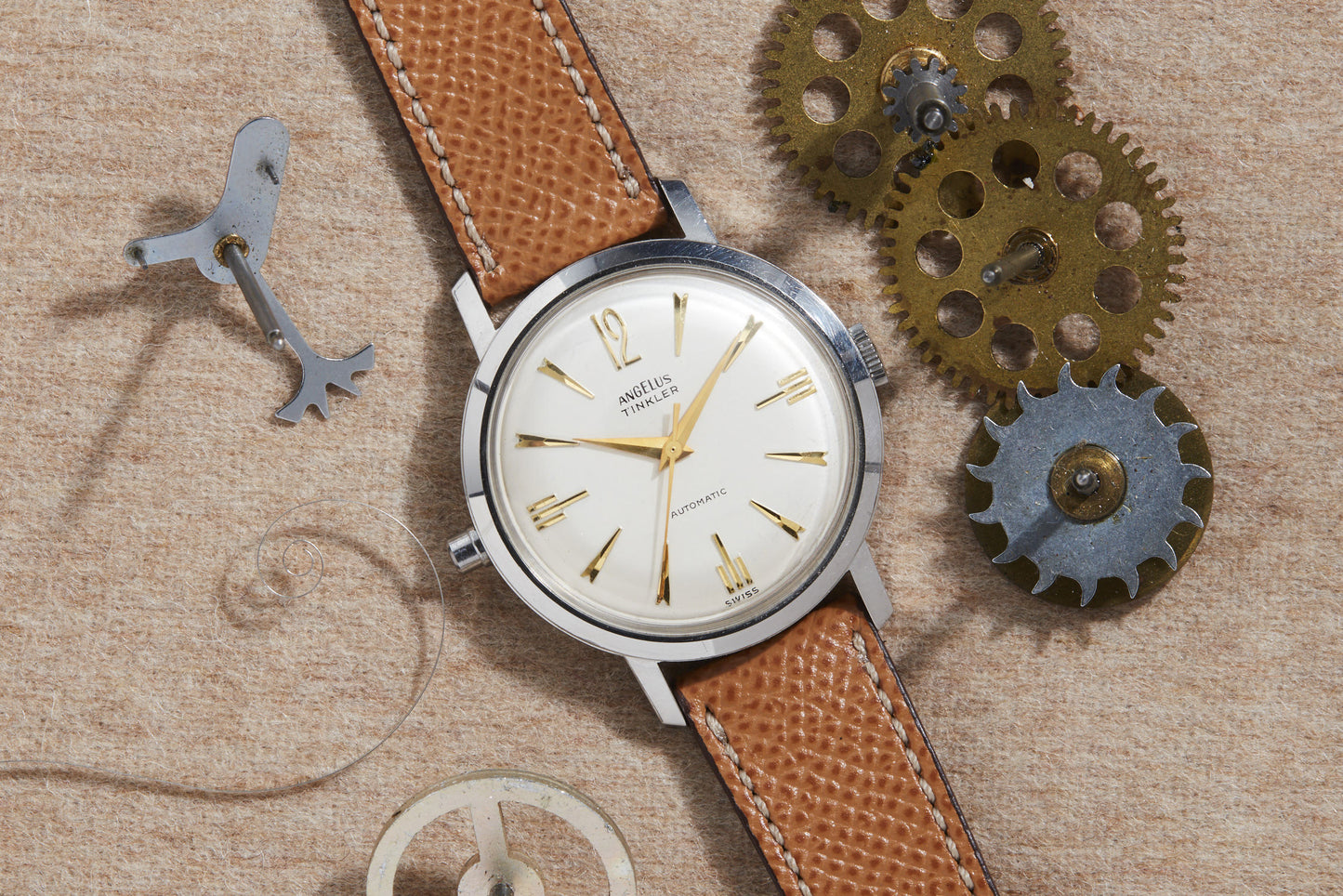
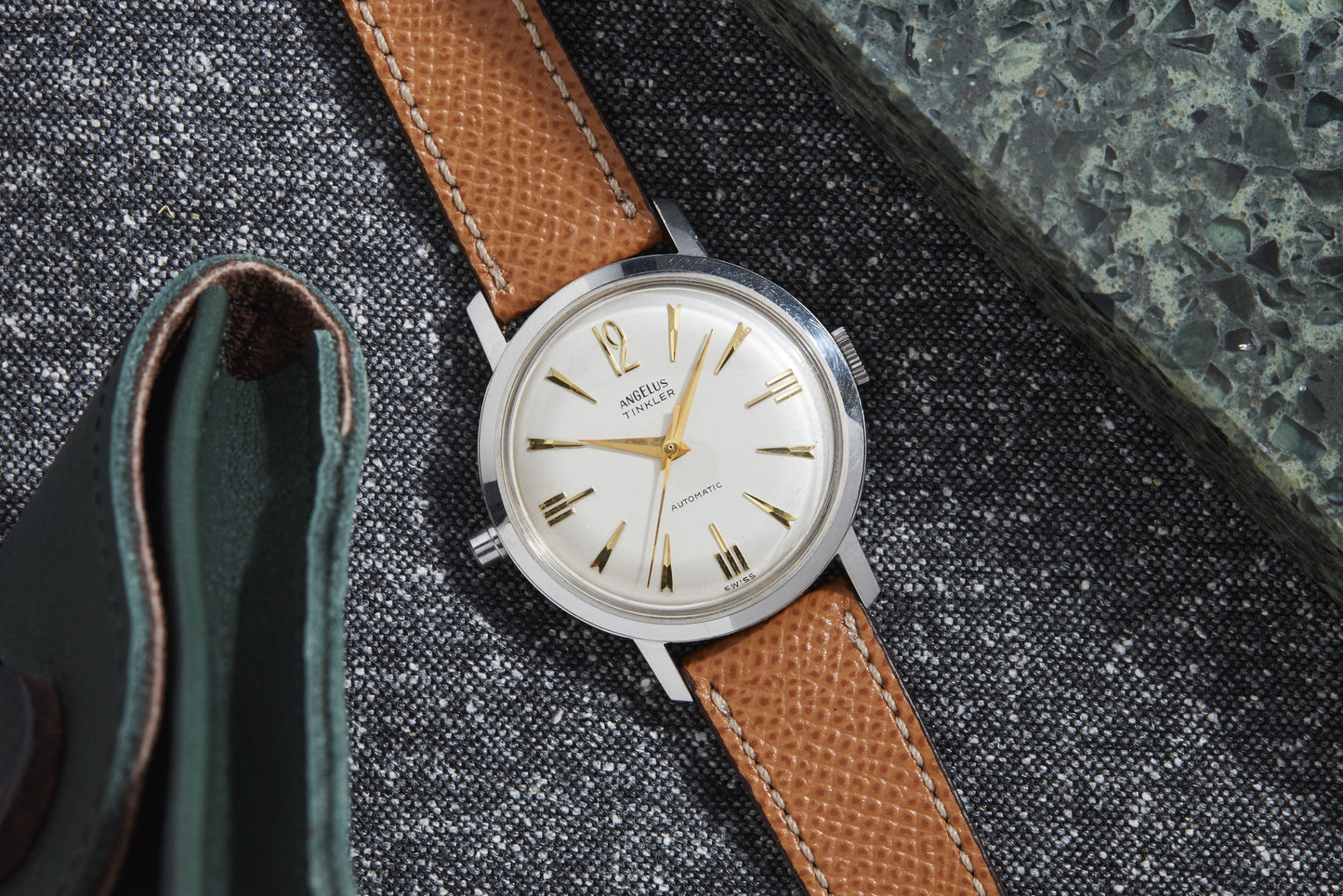
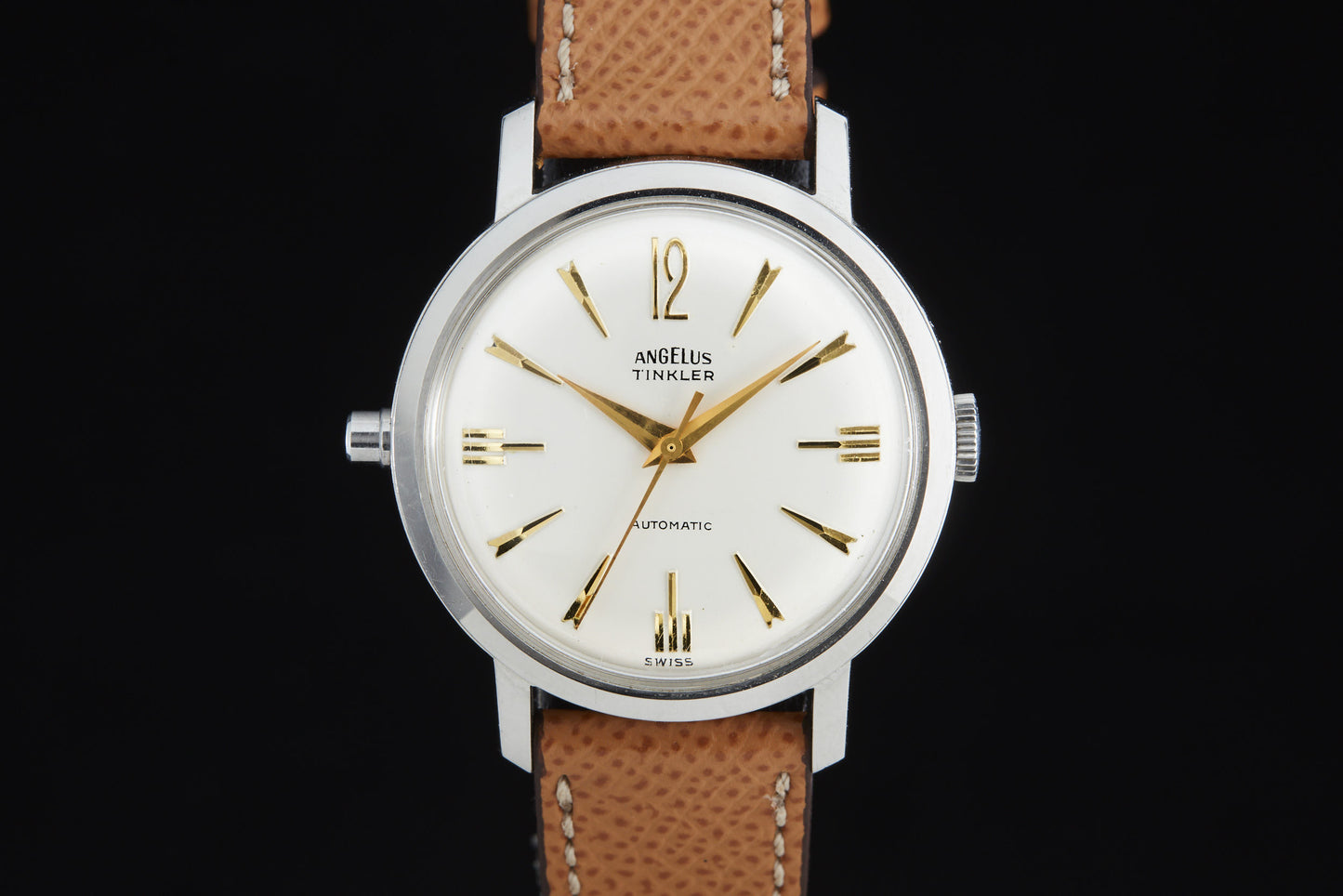
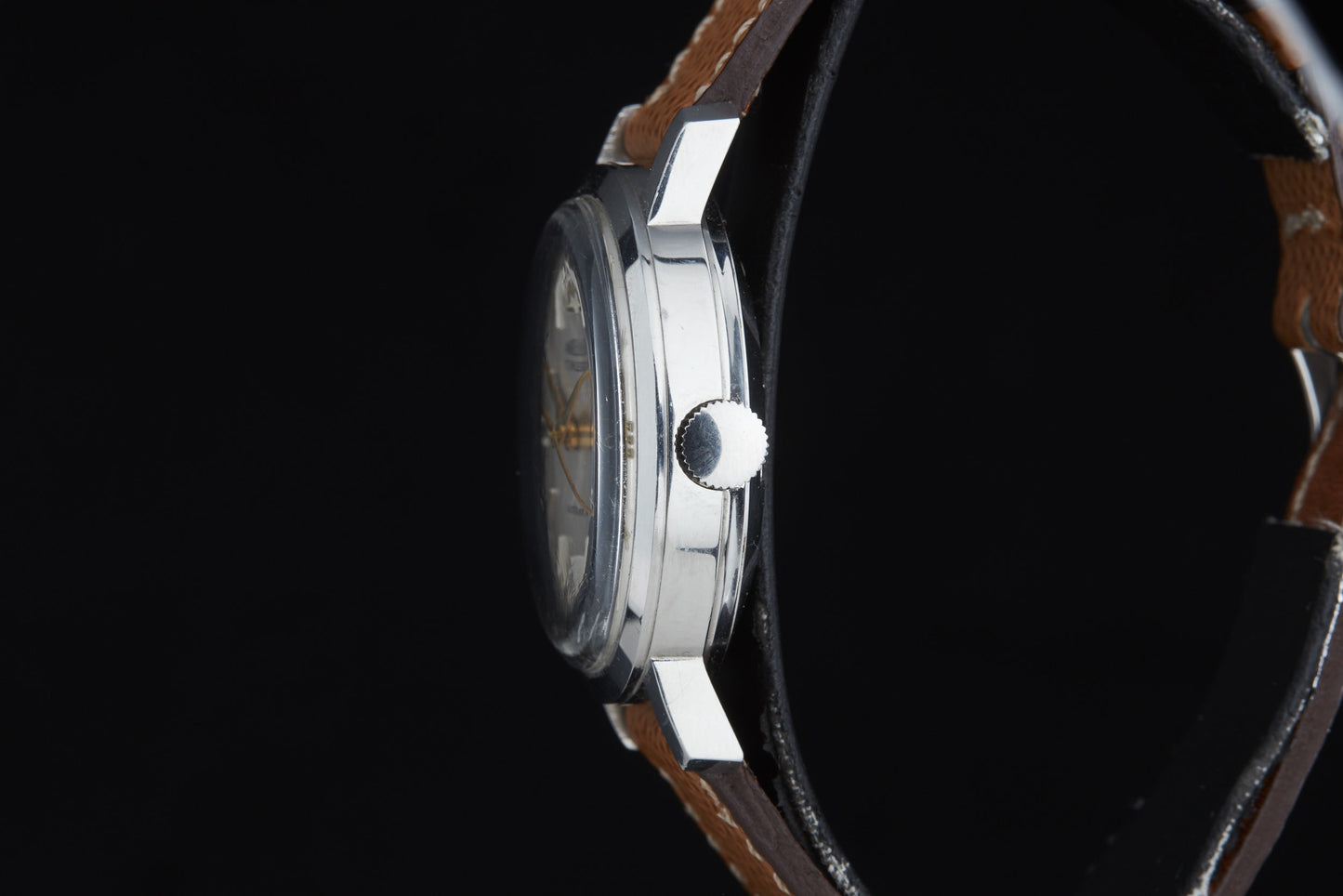
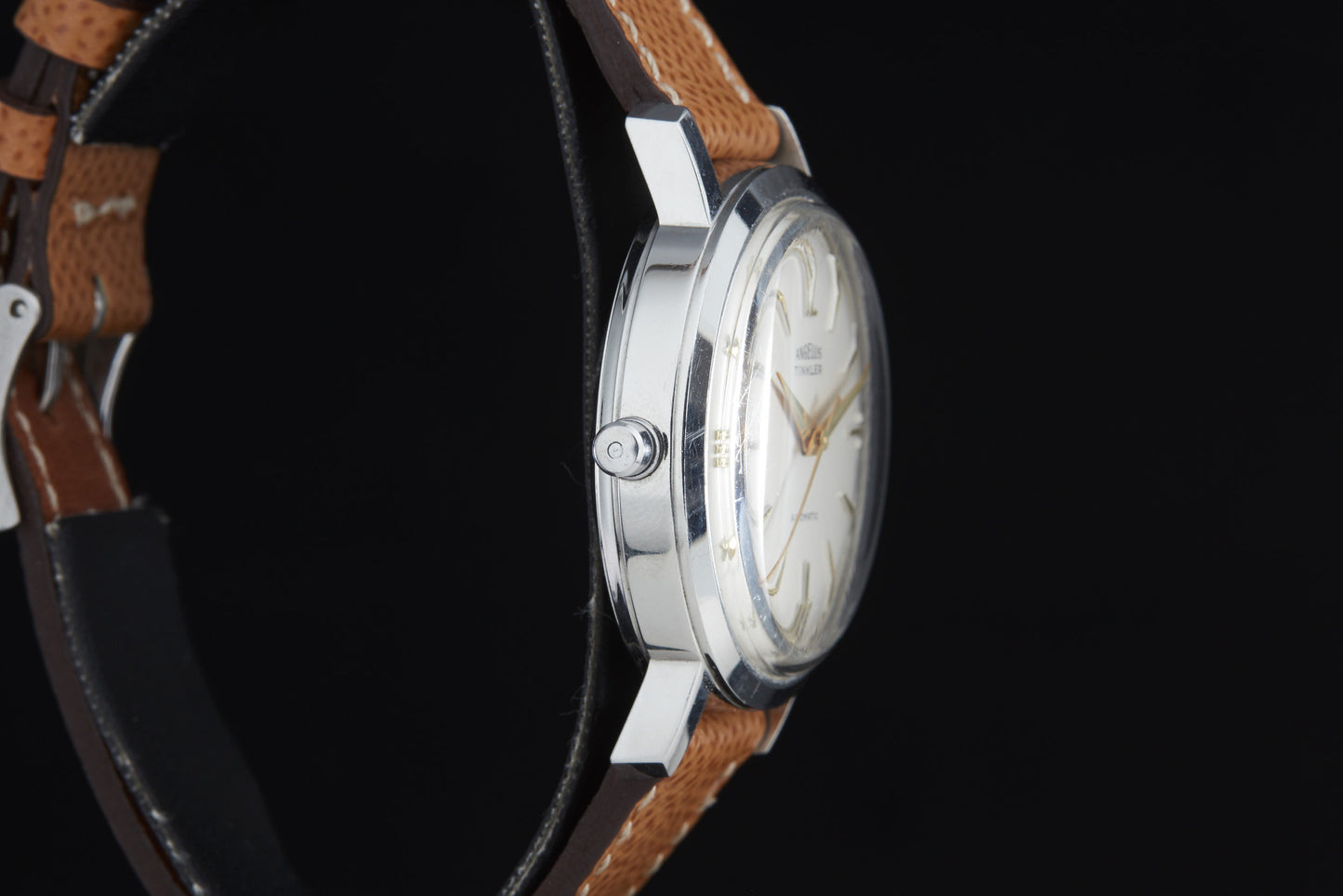
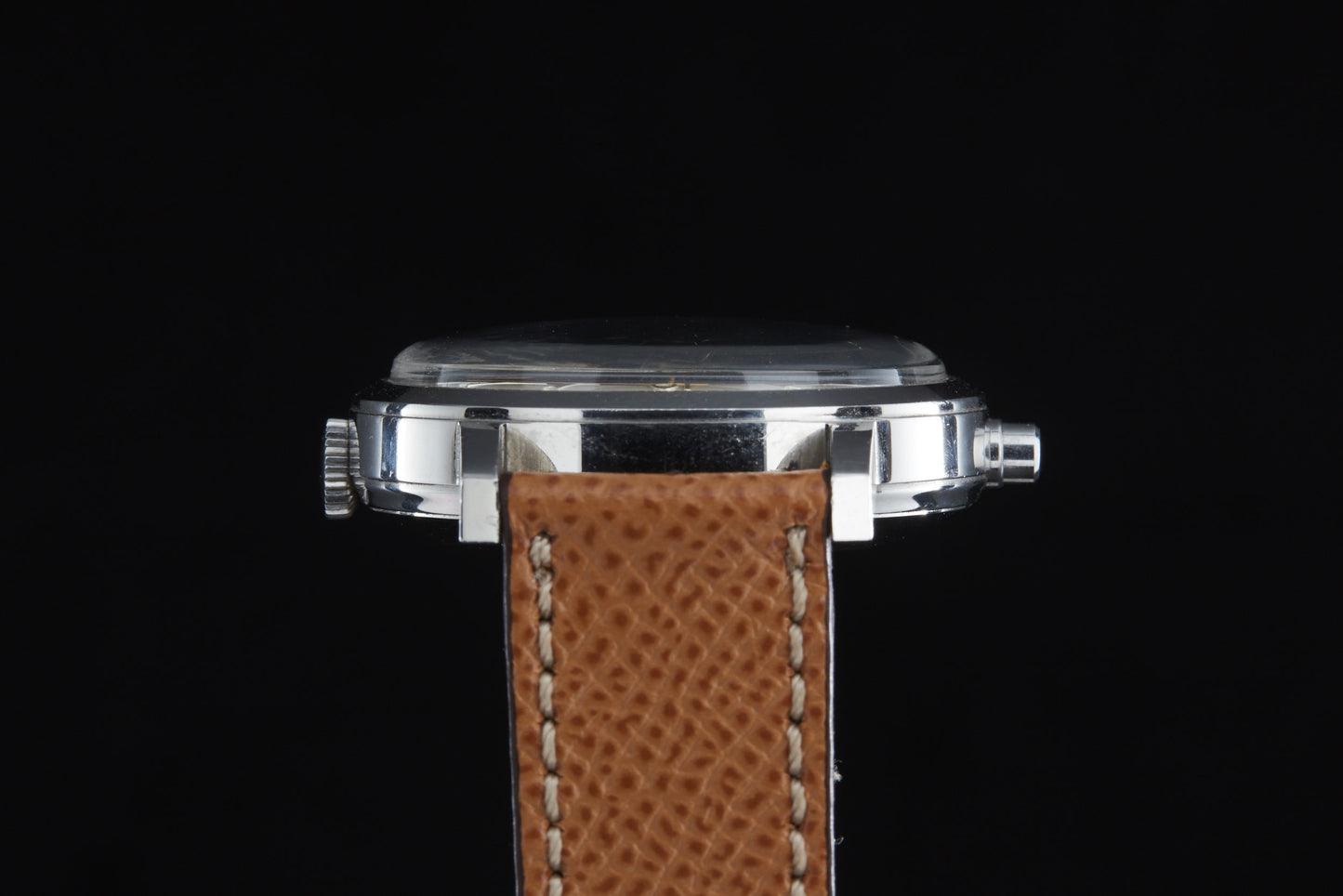
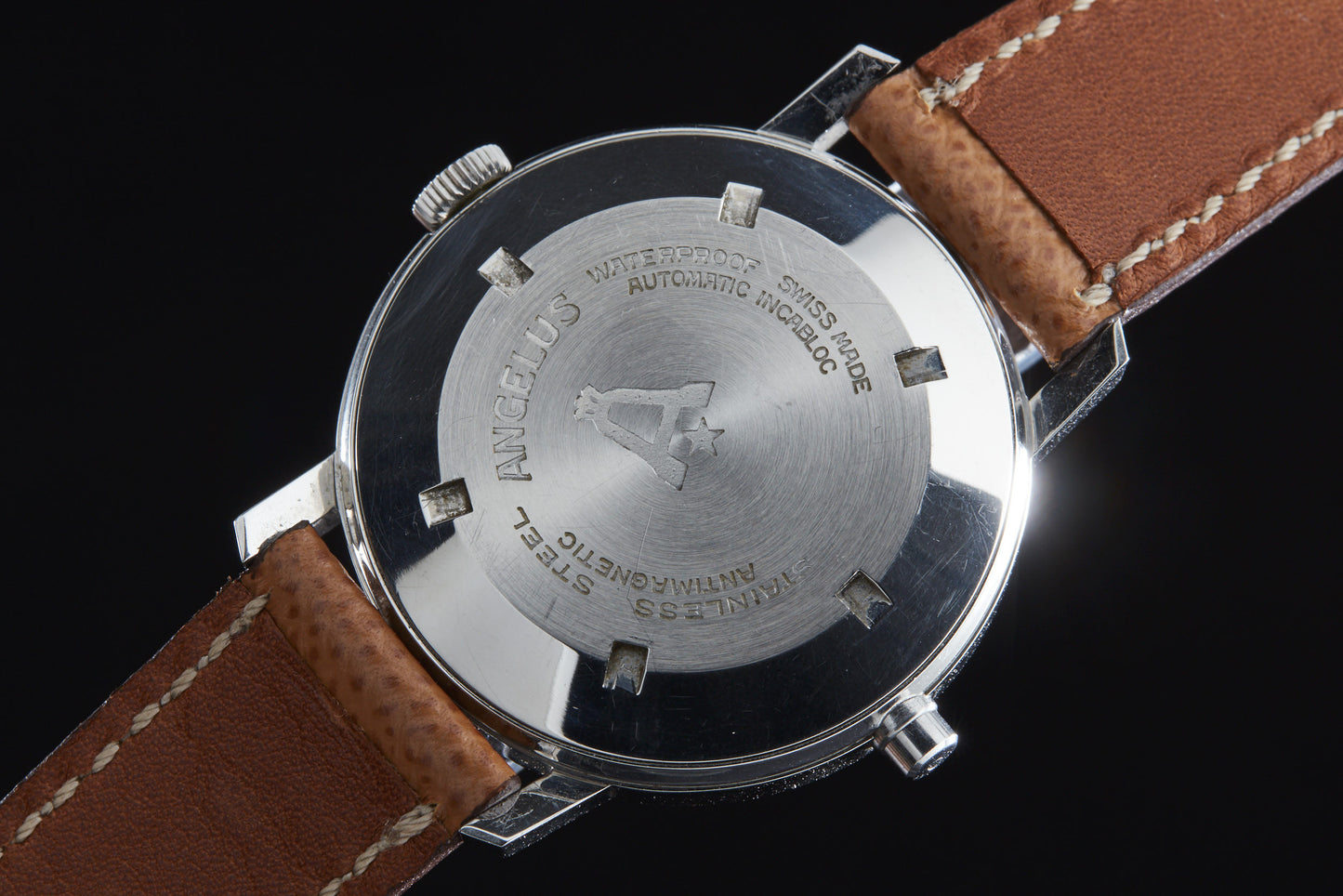
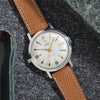
Angelus Tinkler
- Soldspan>
- Sold
